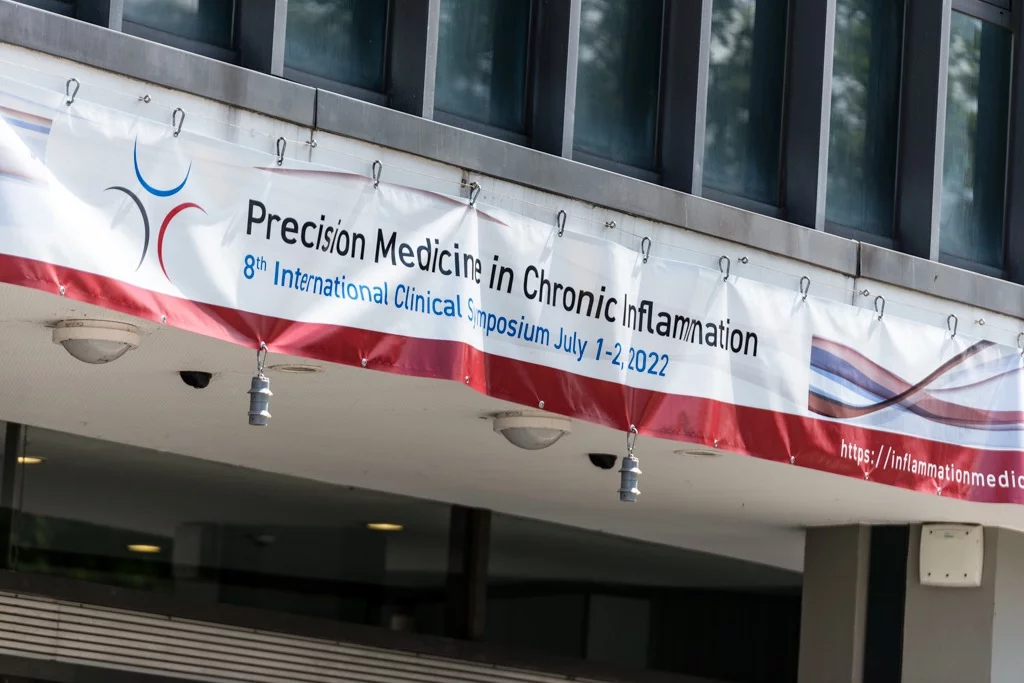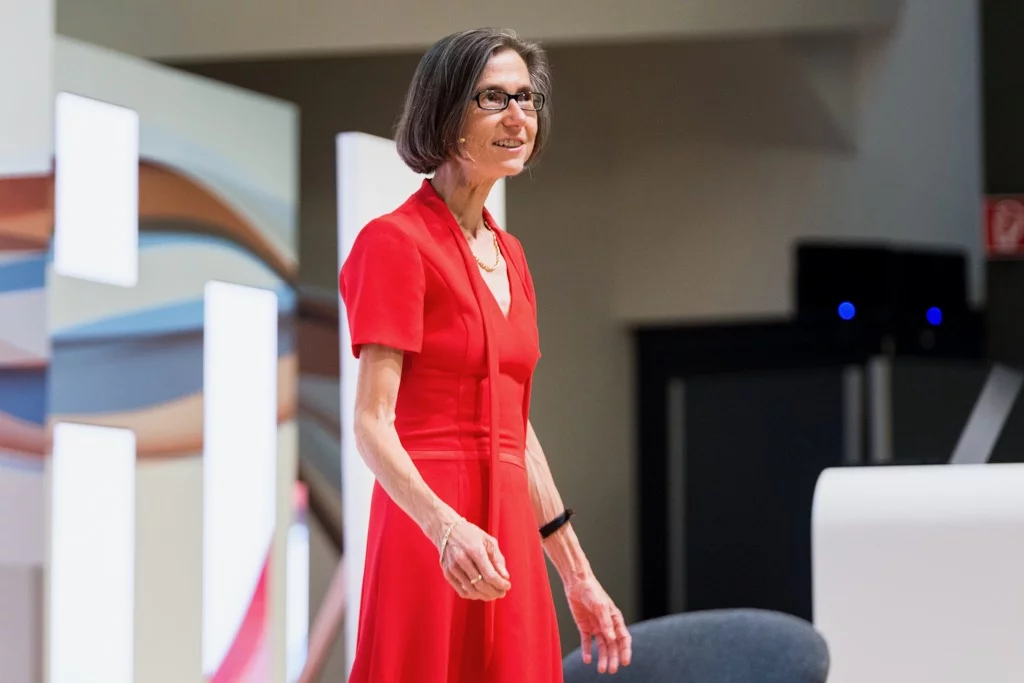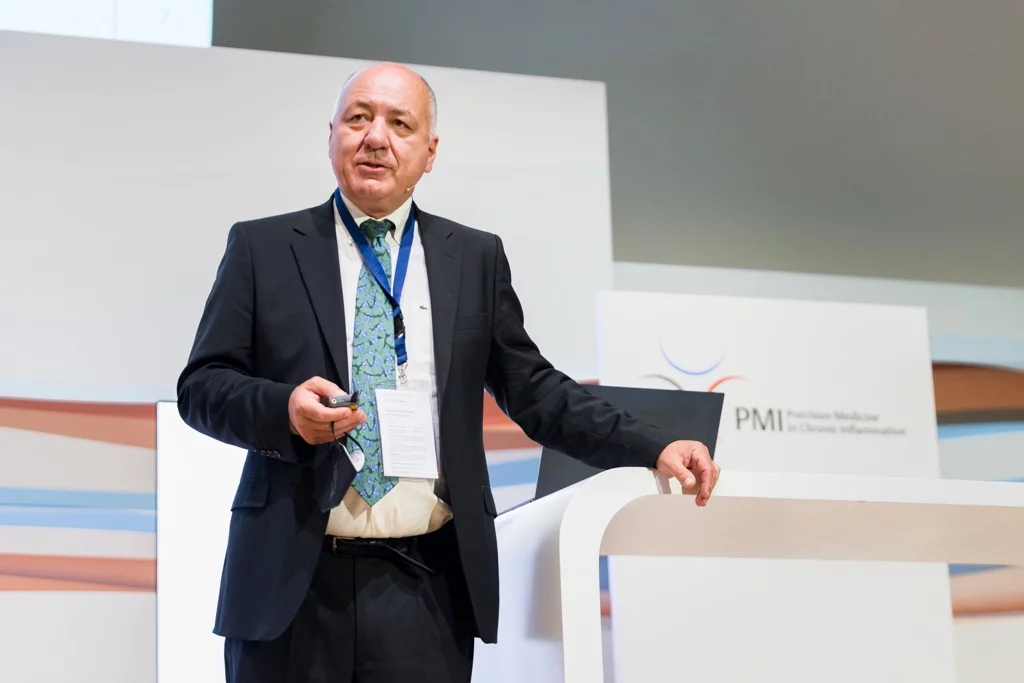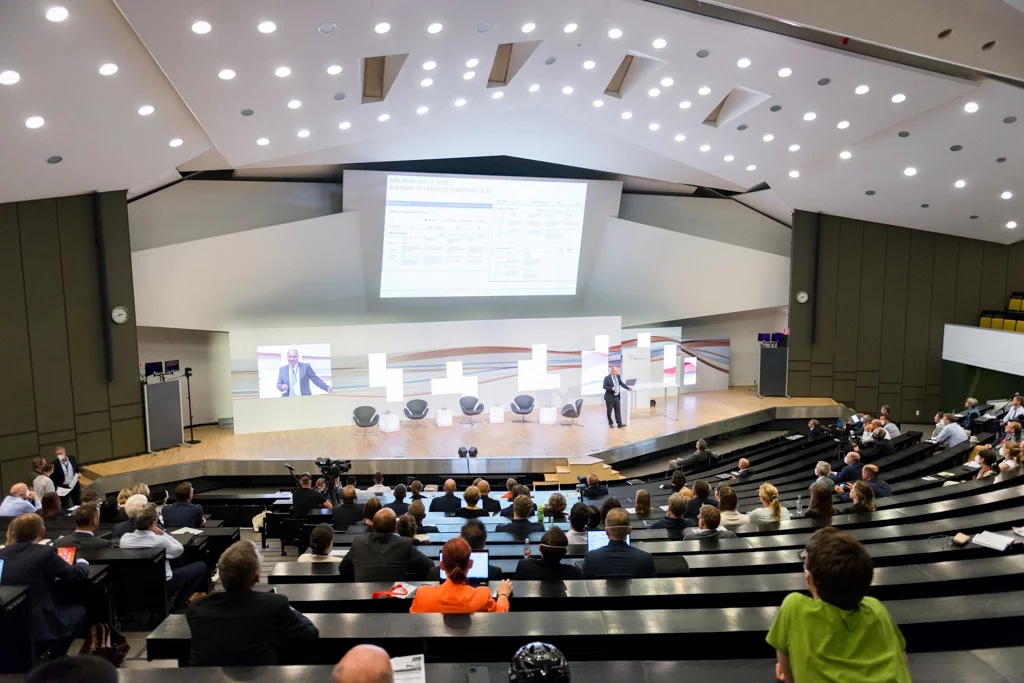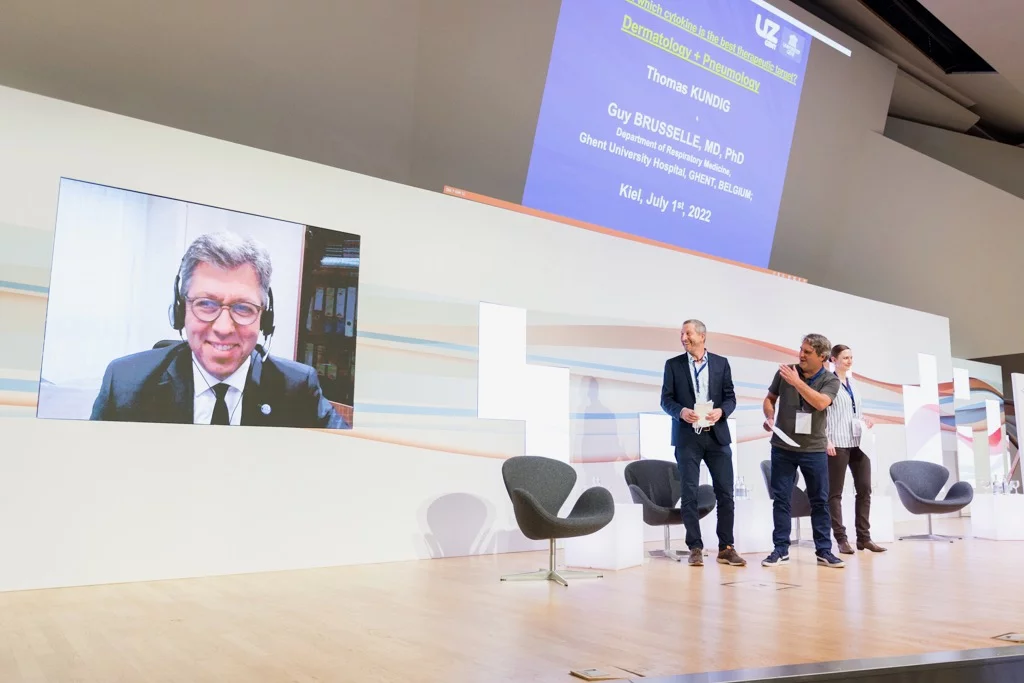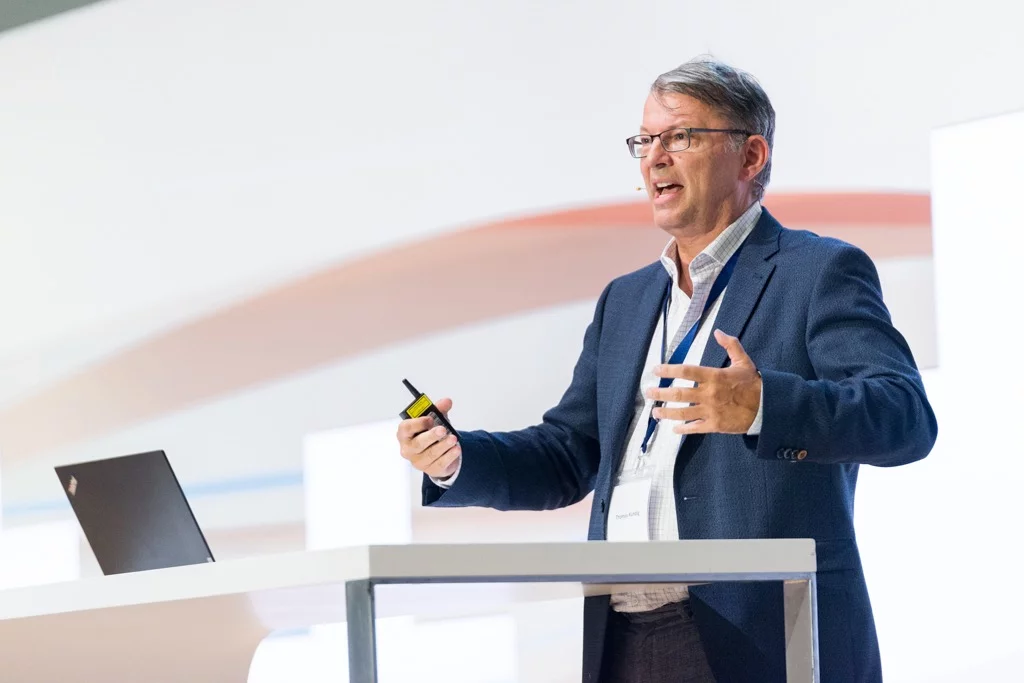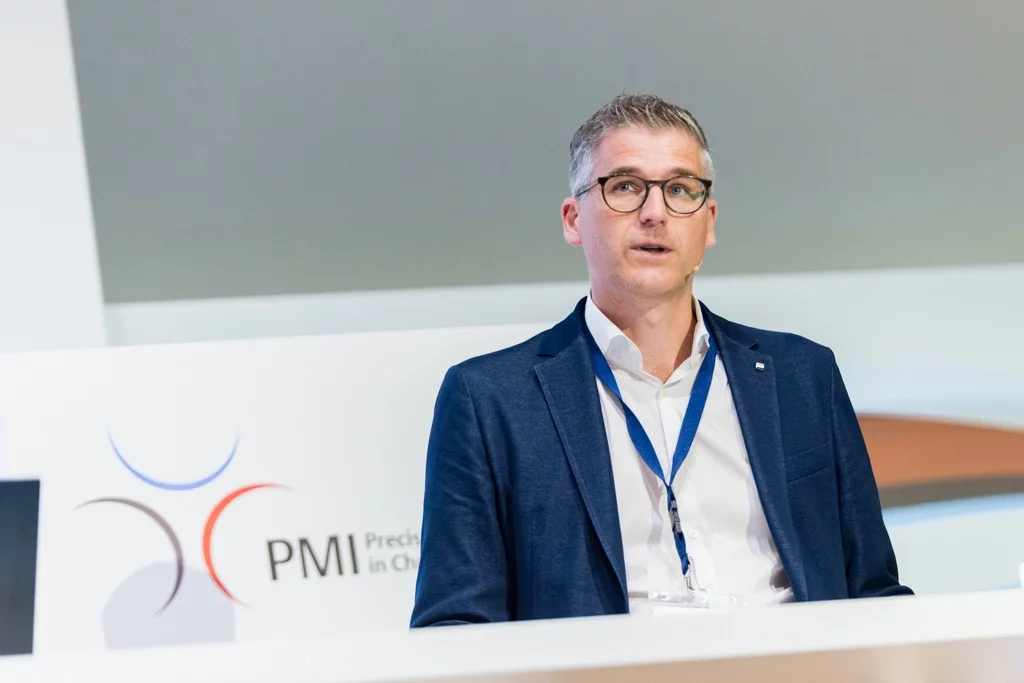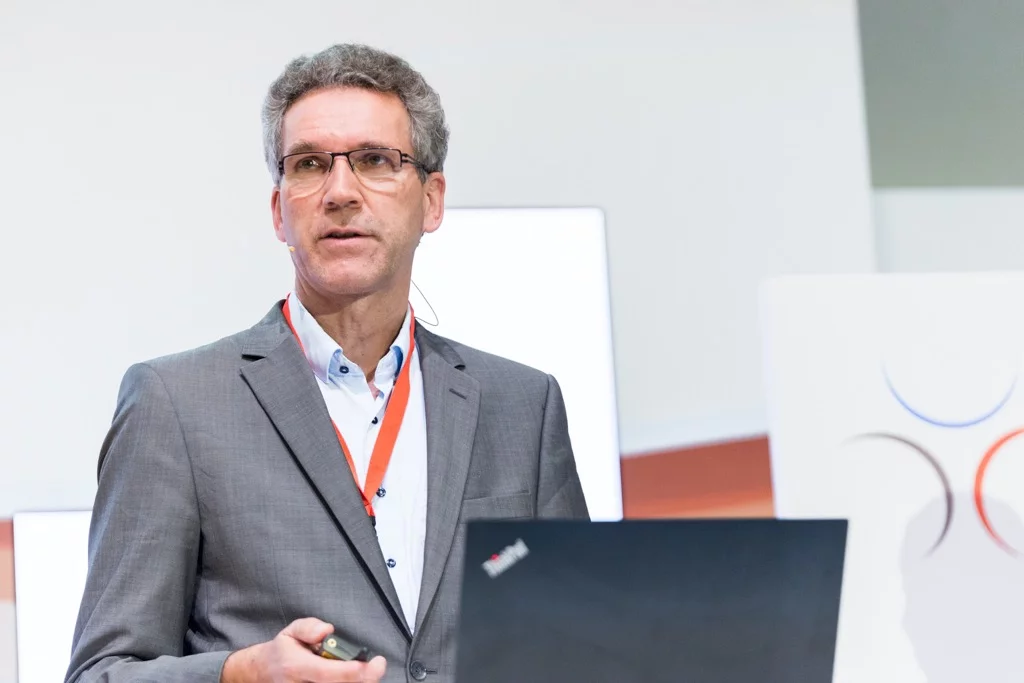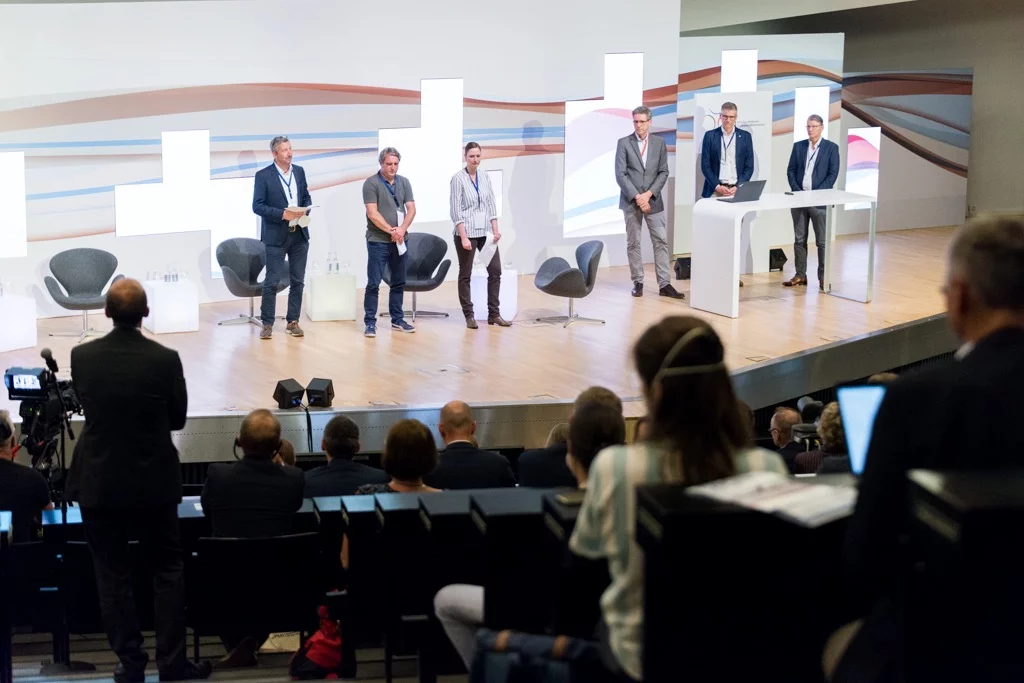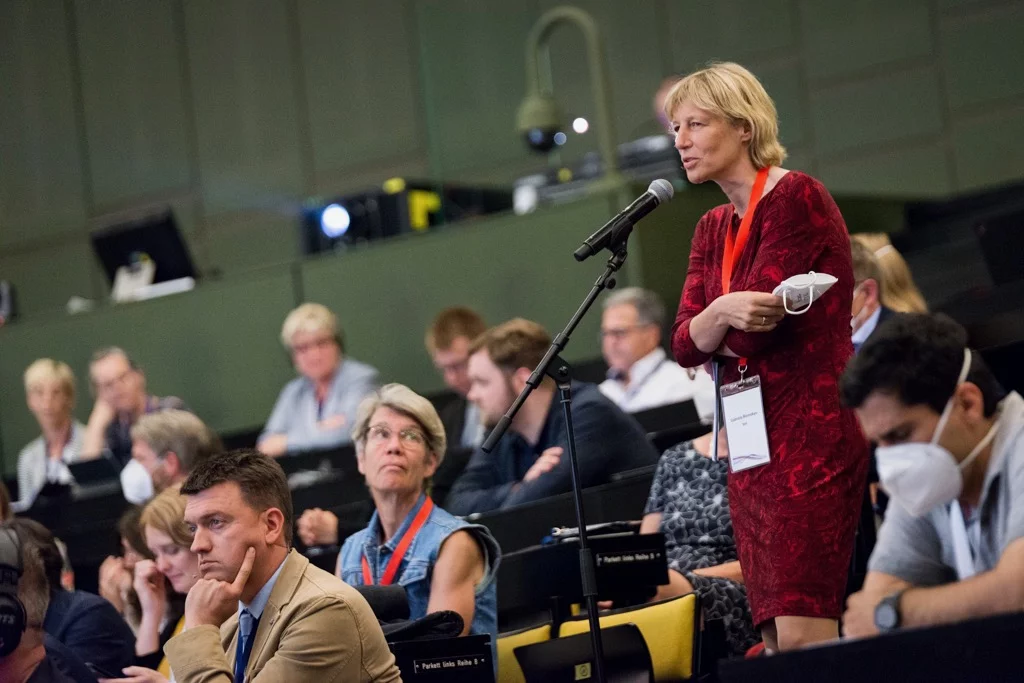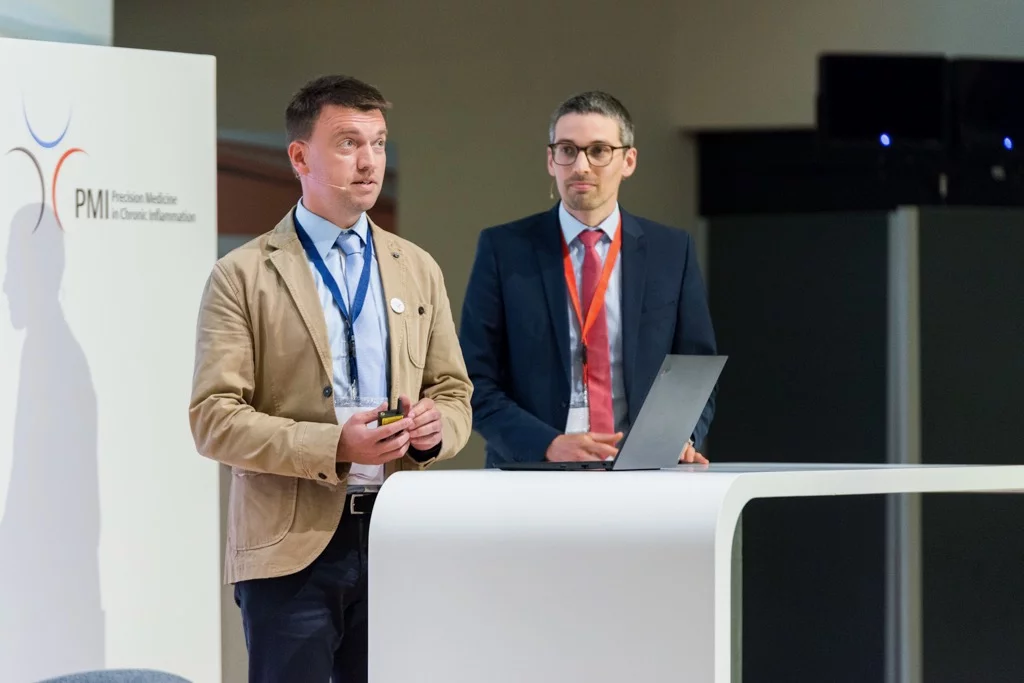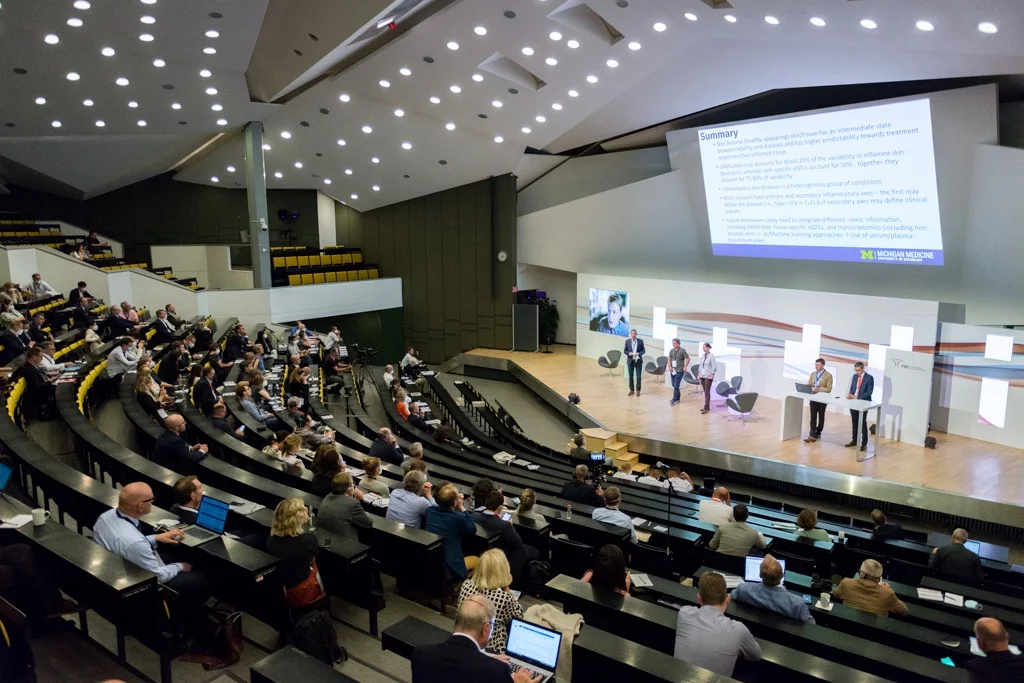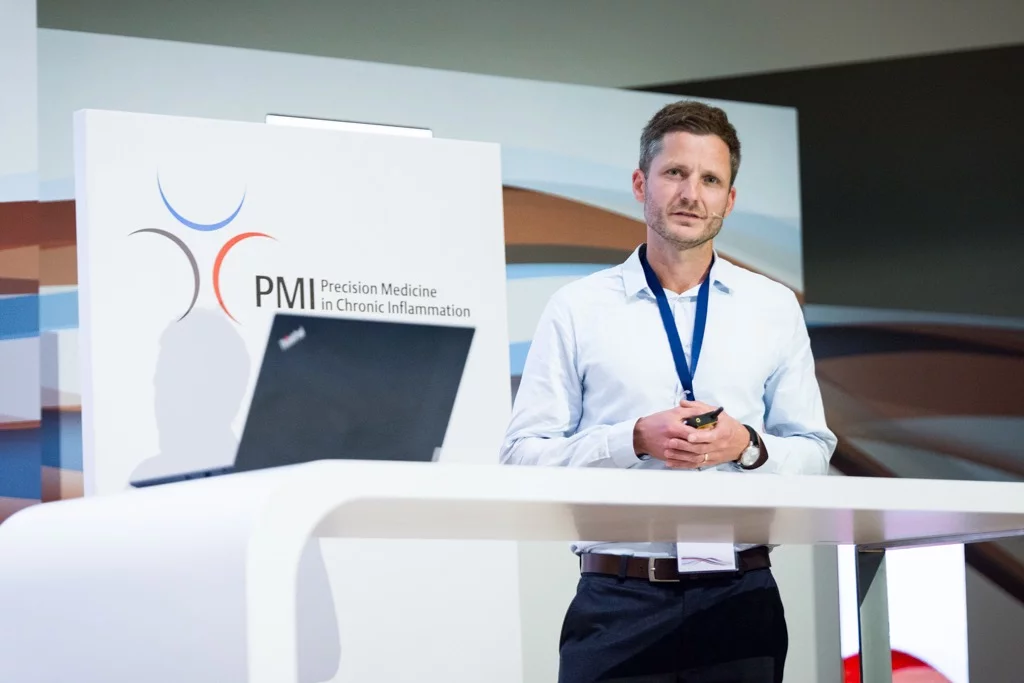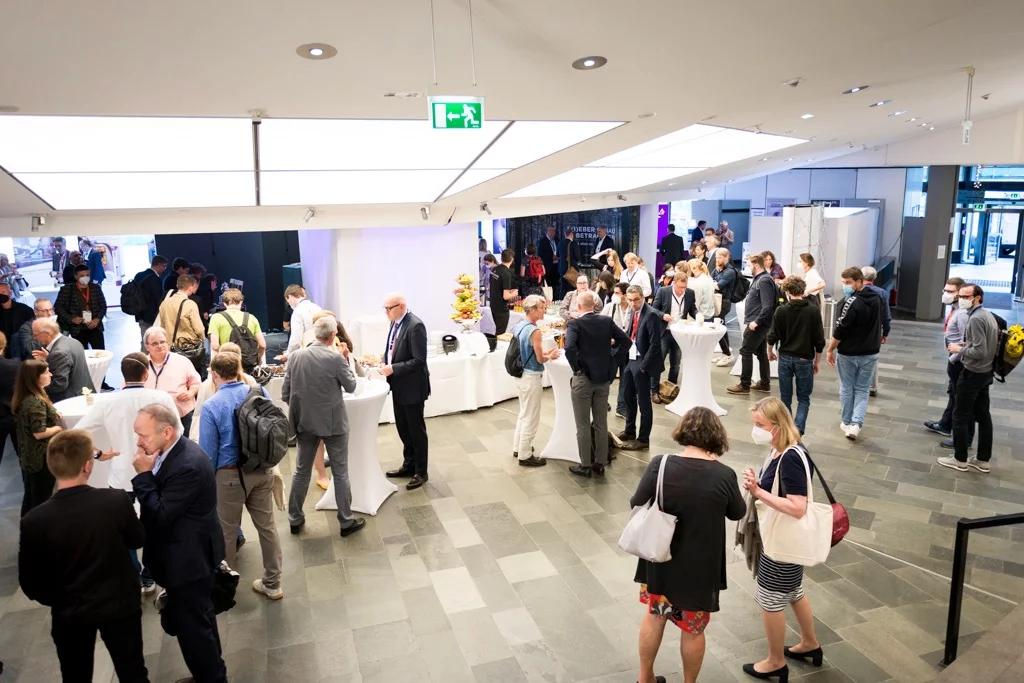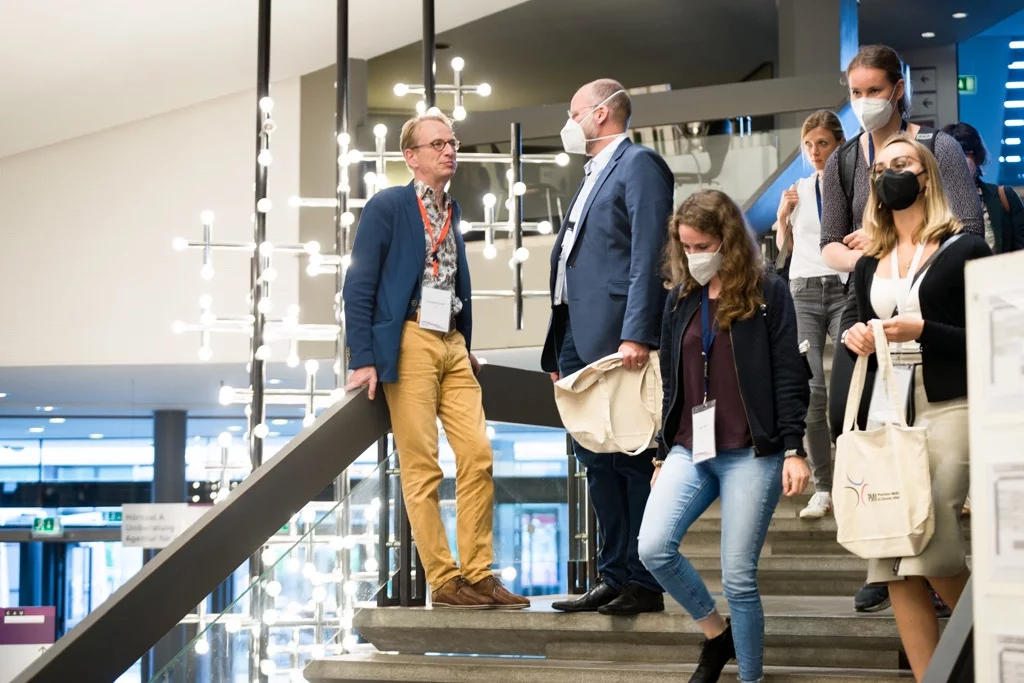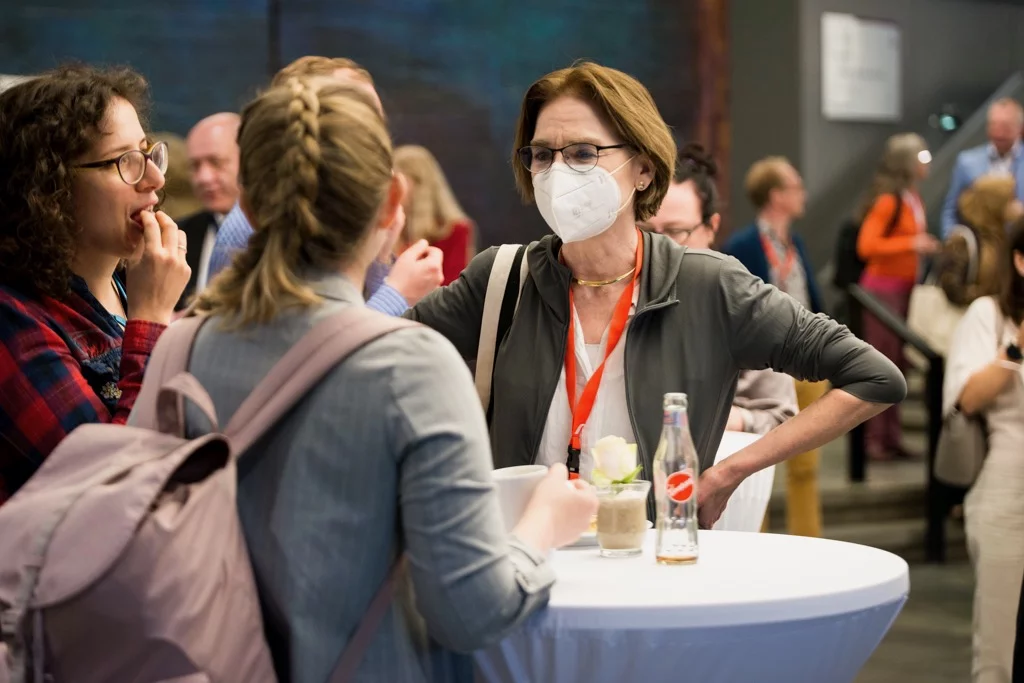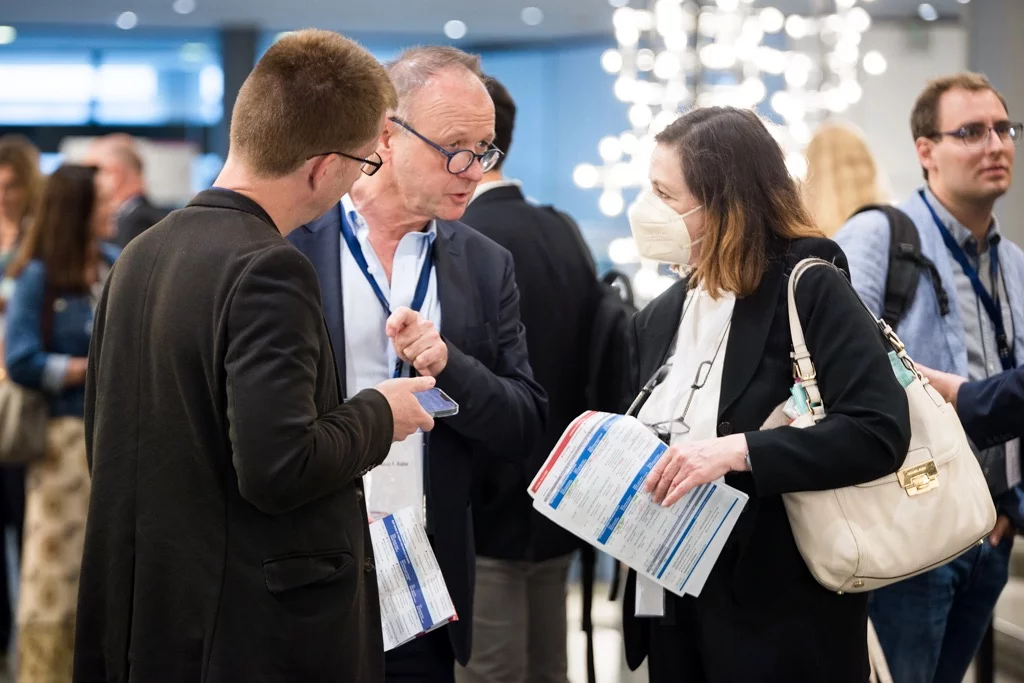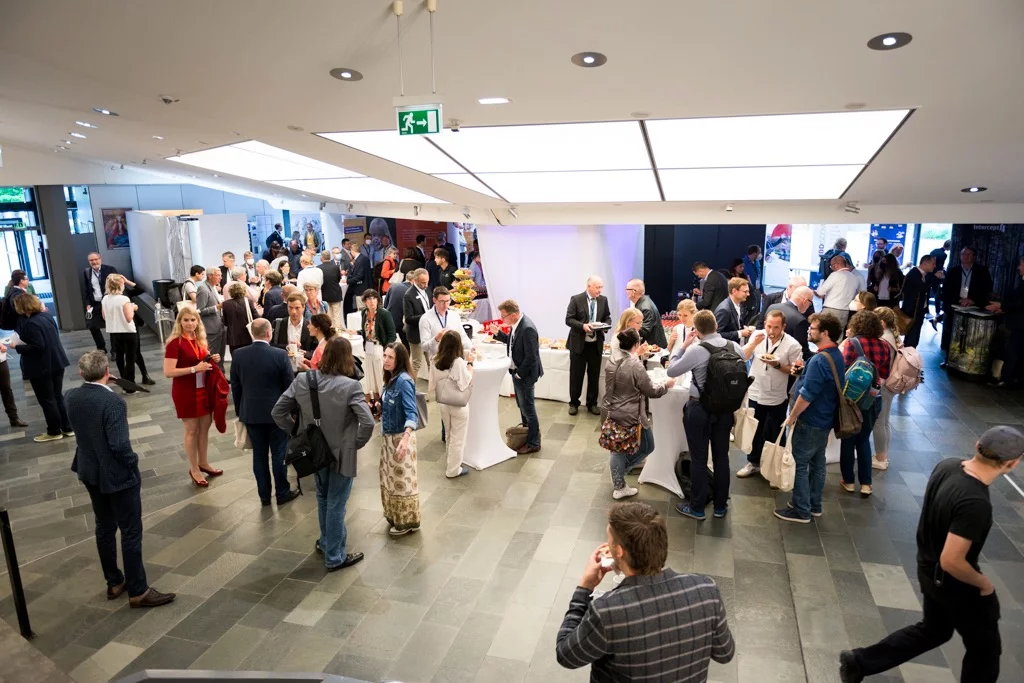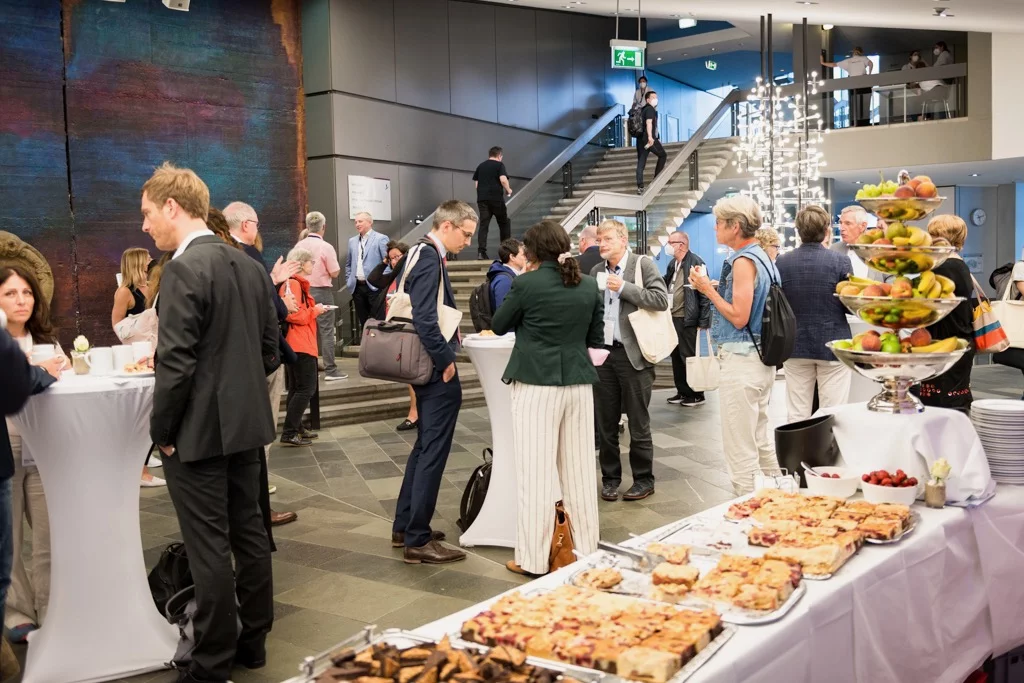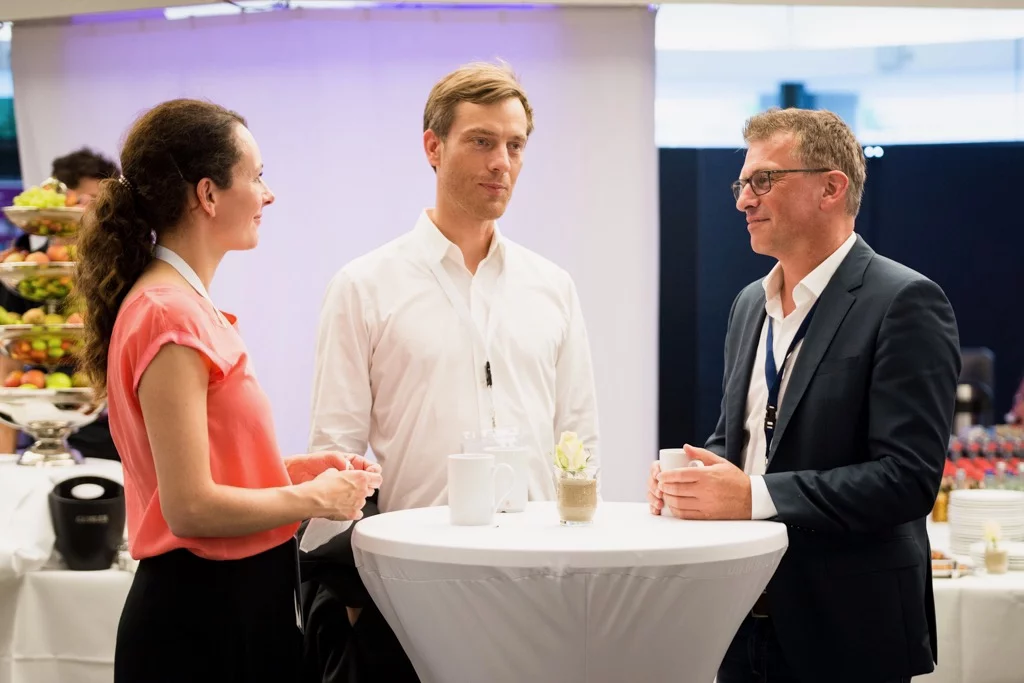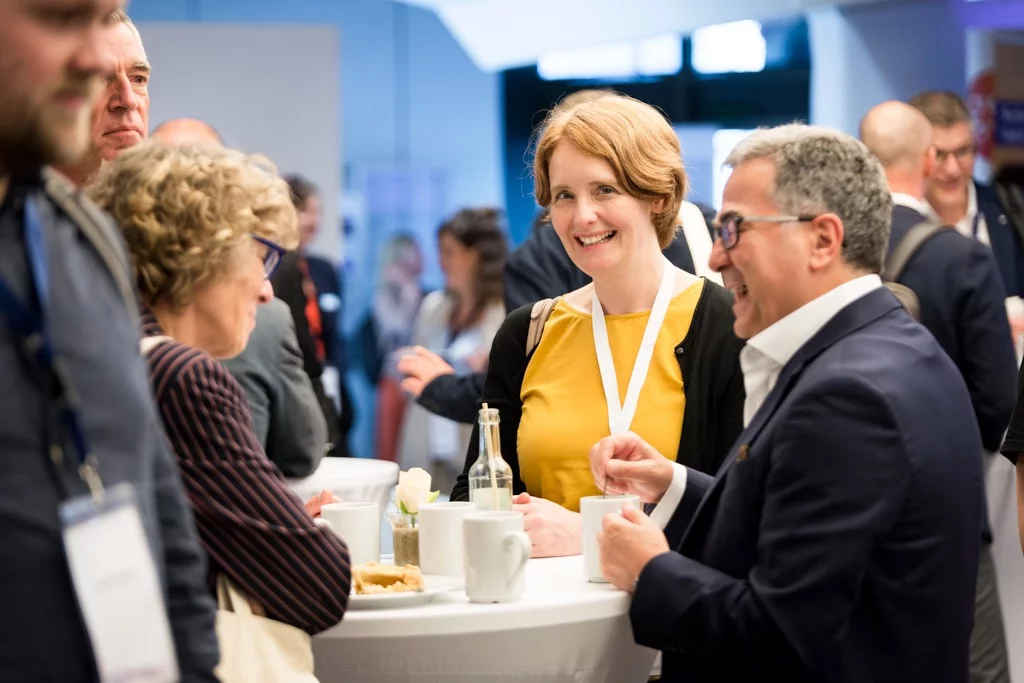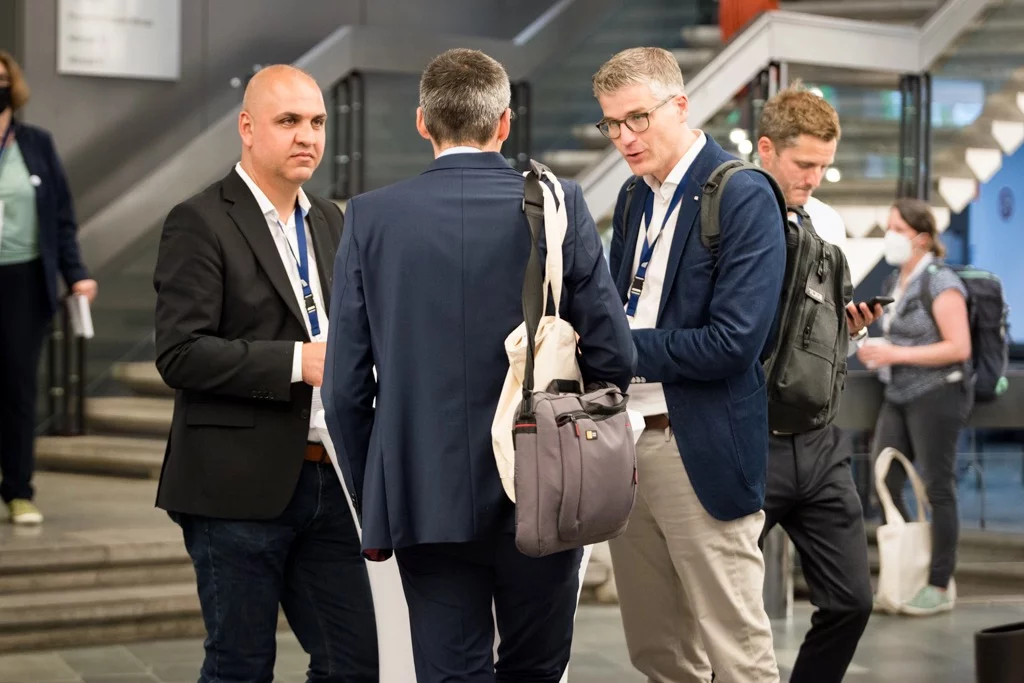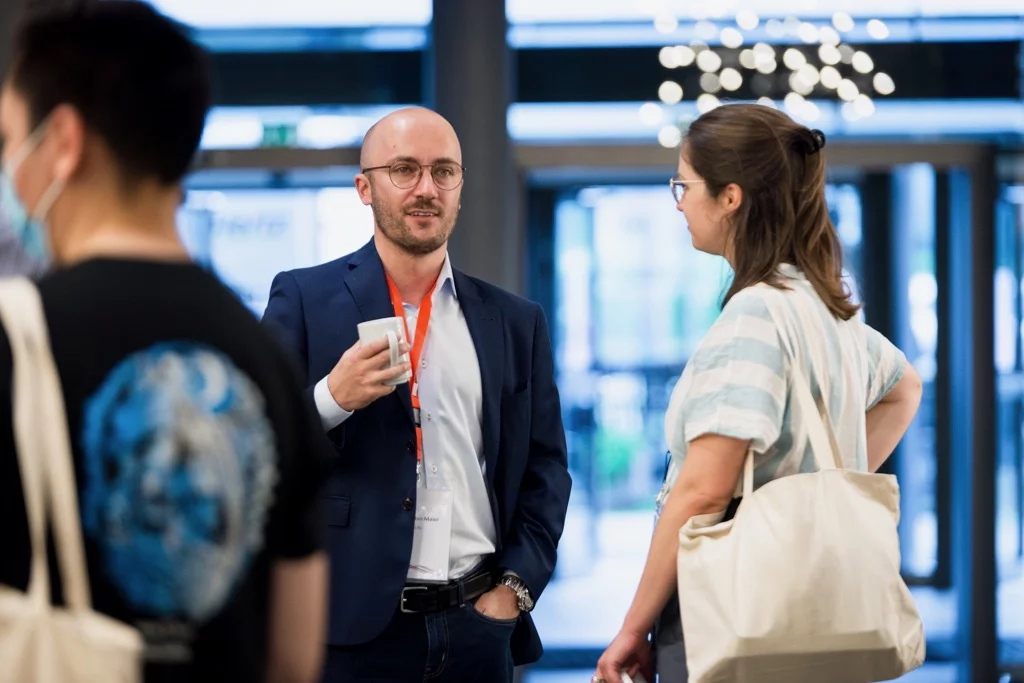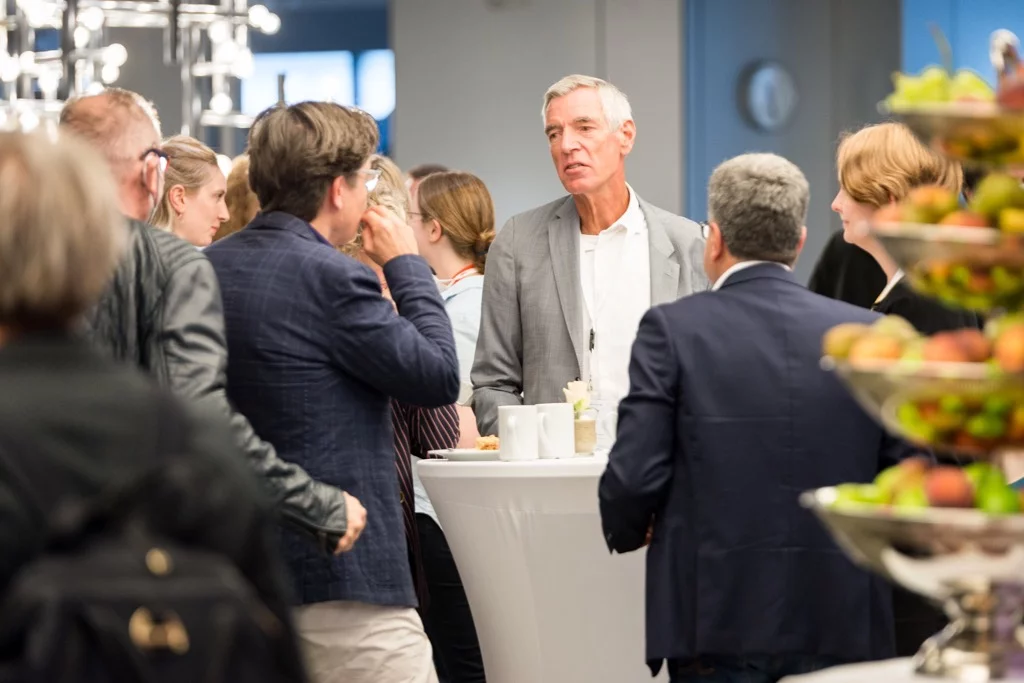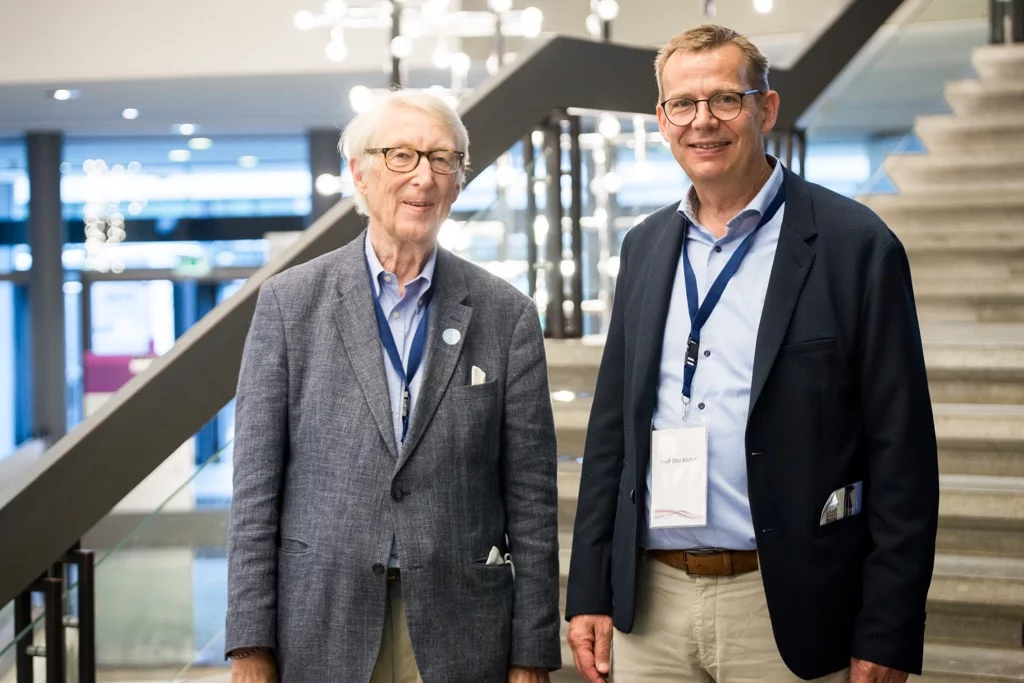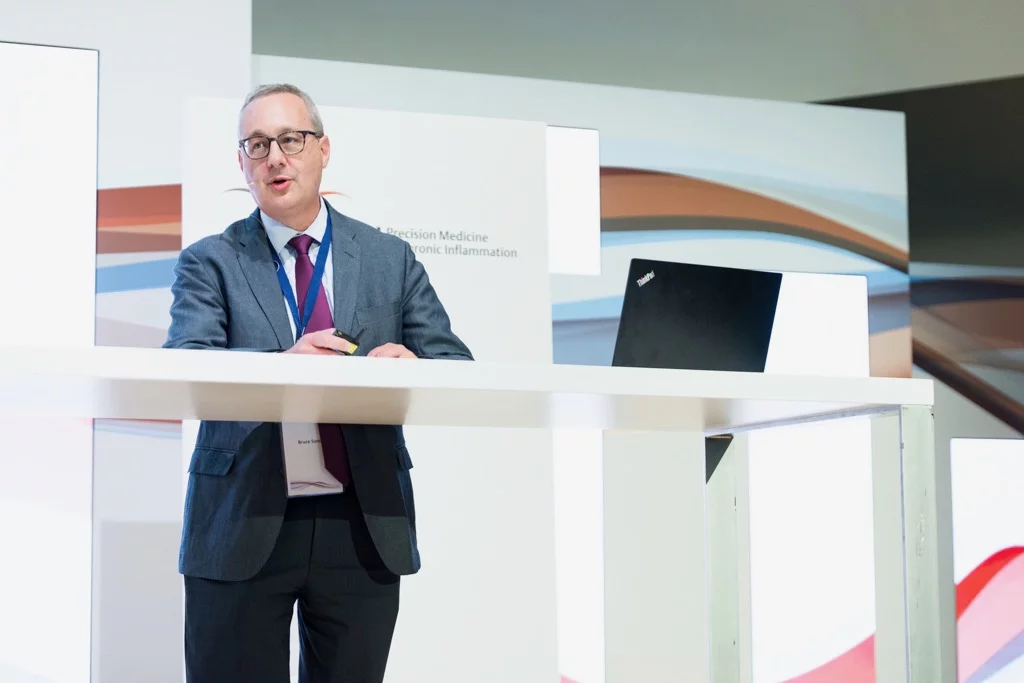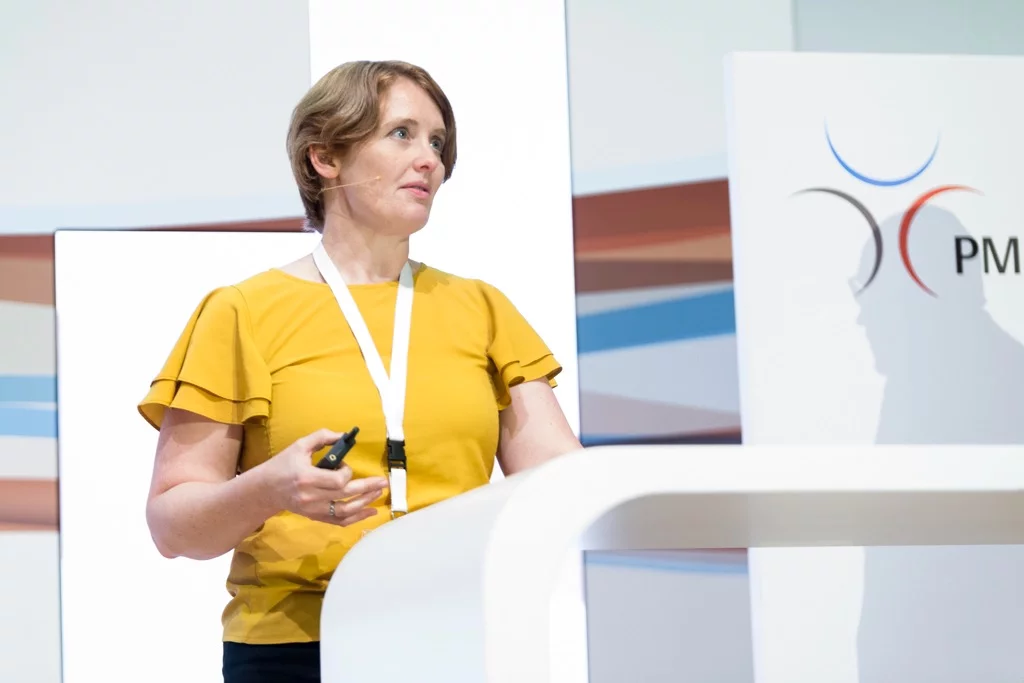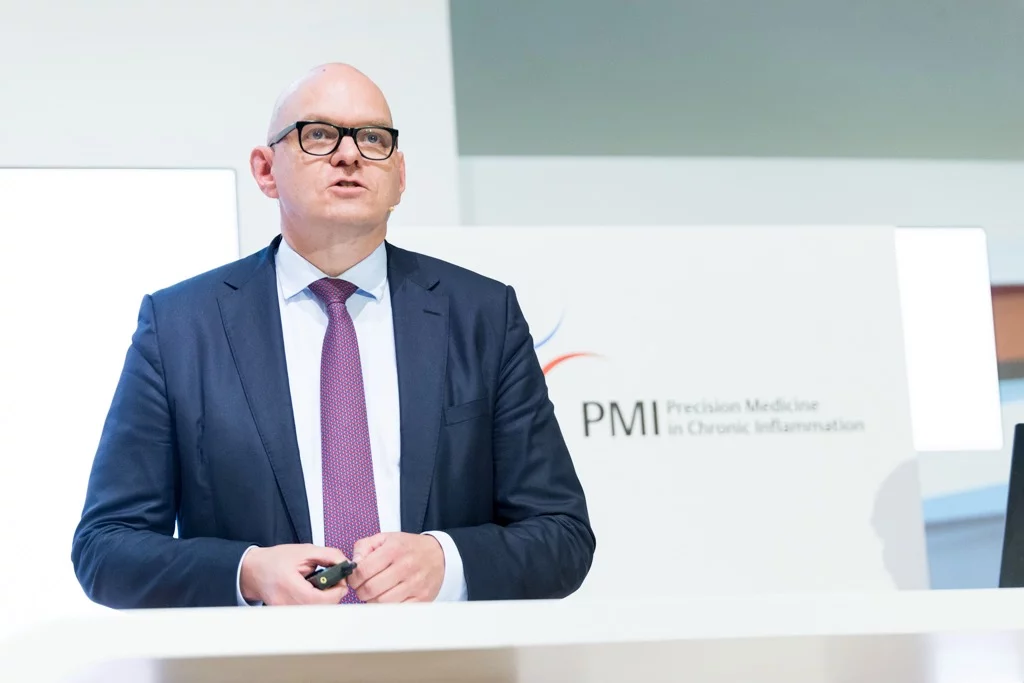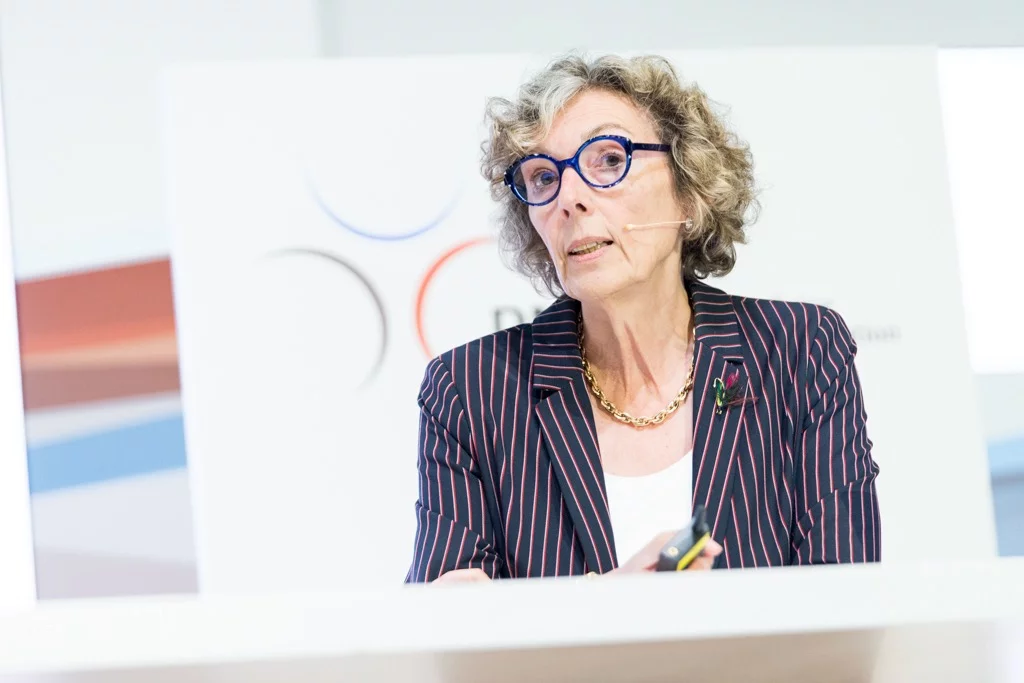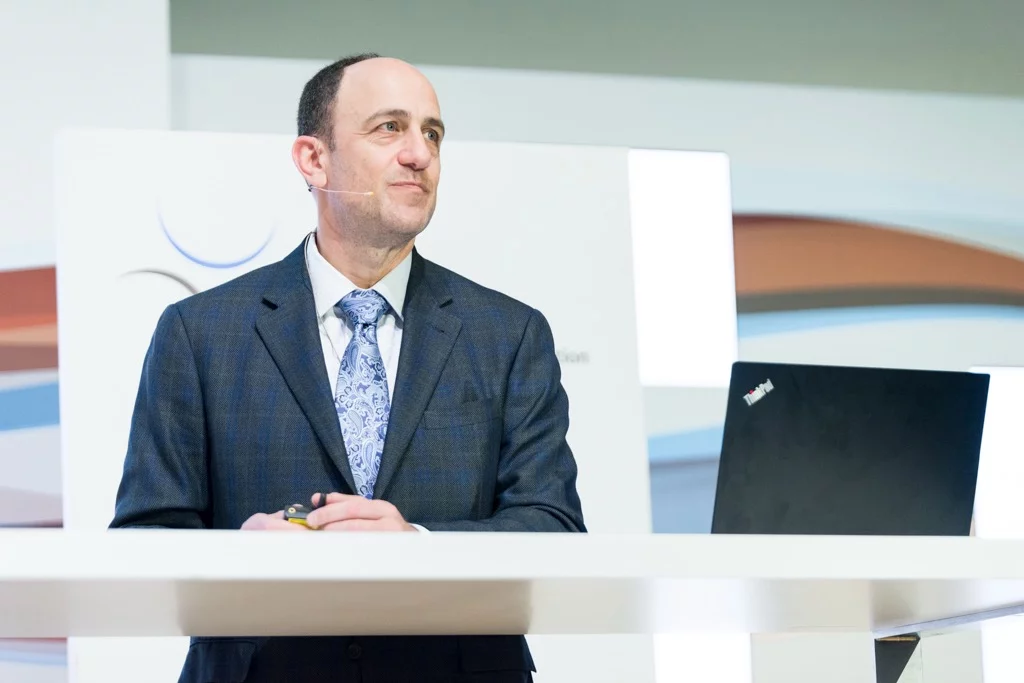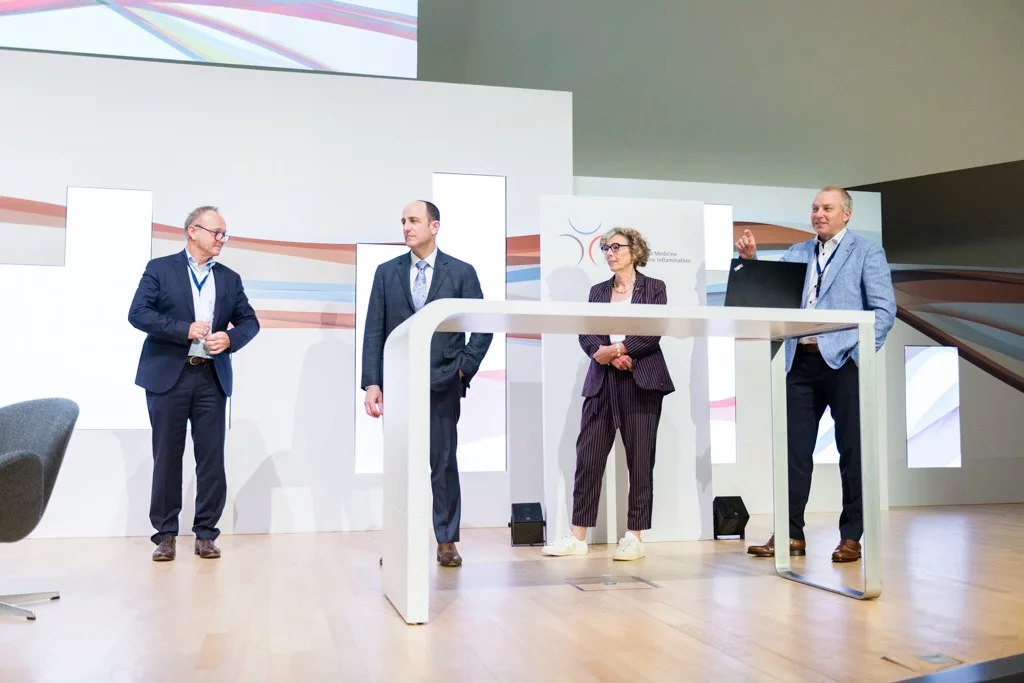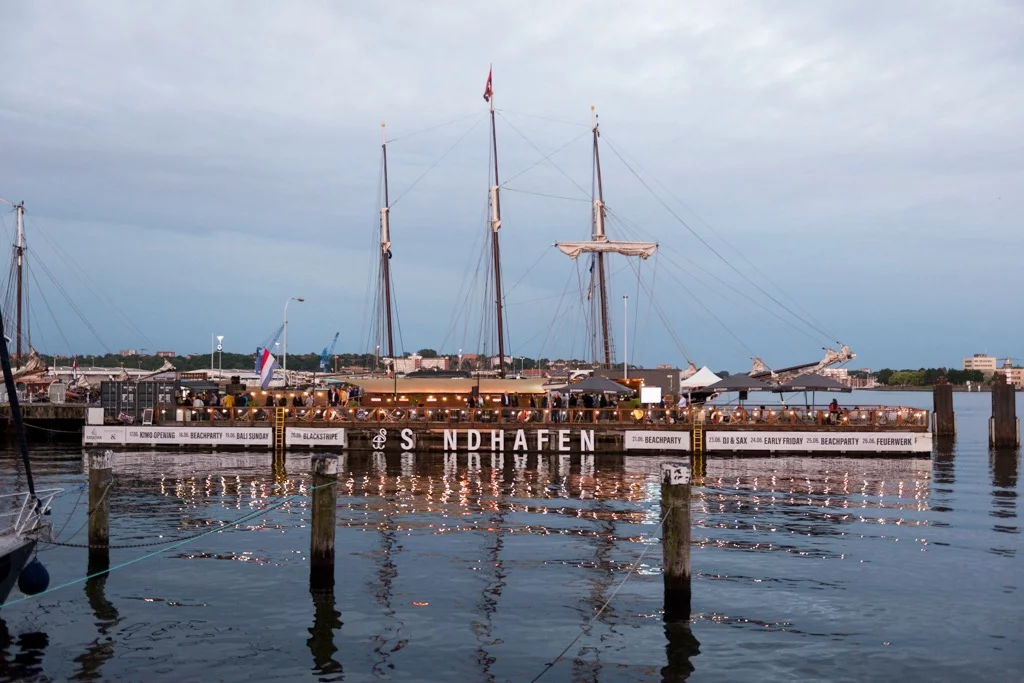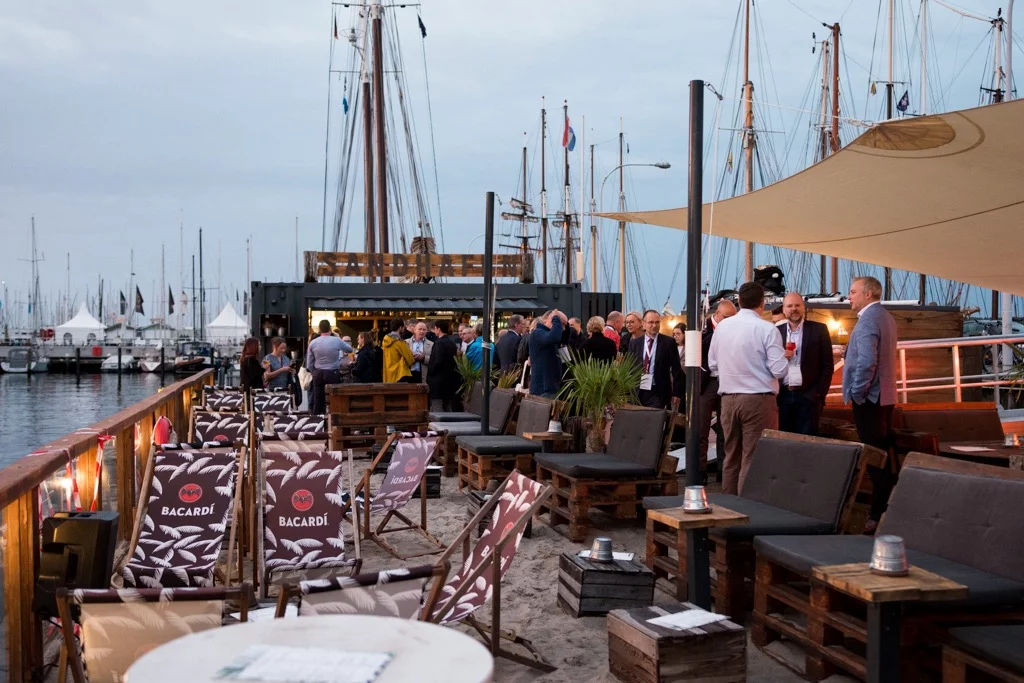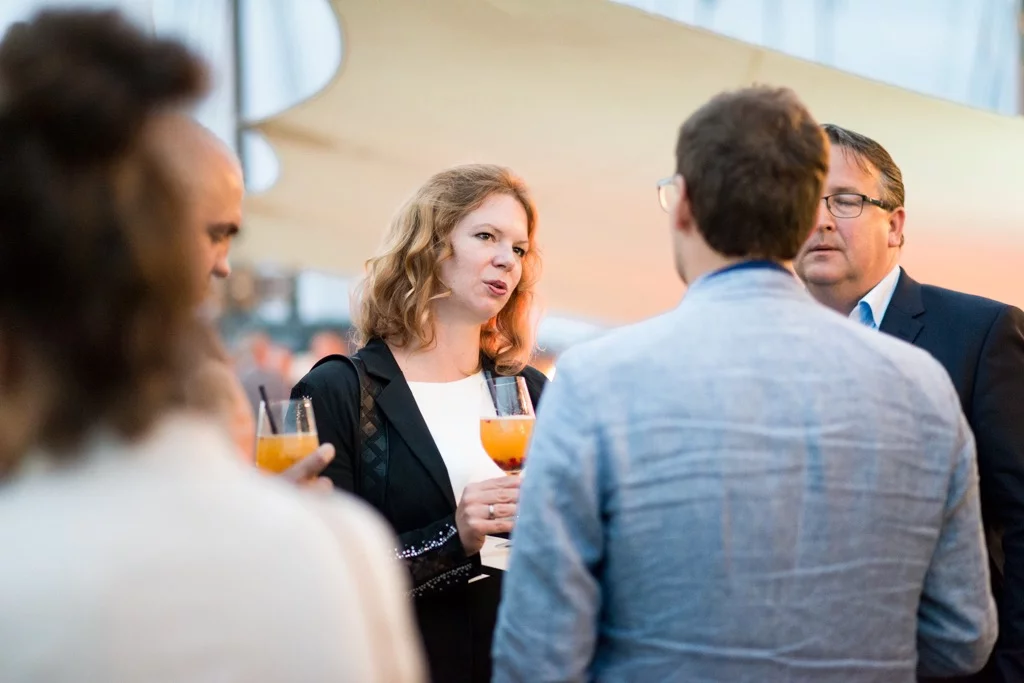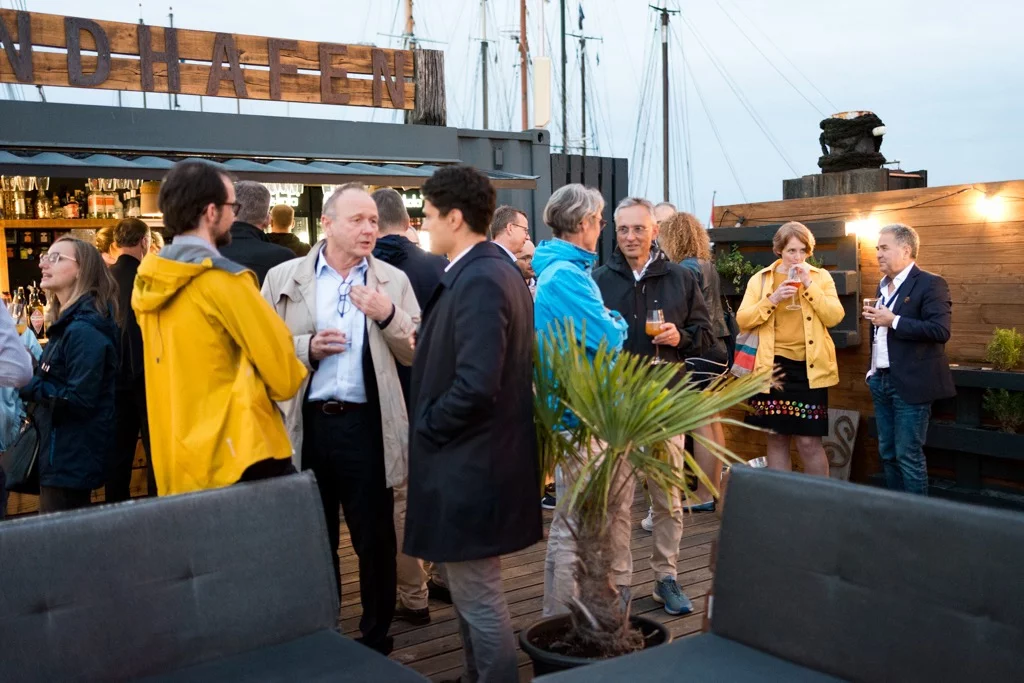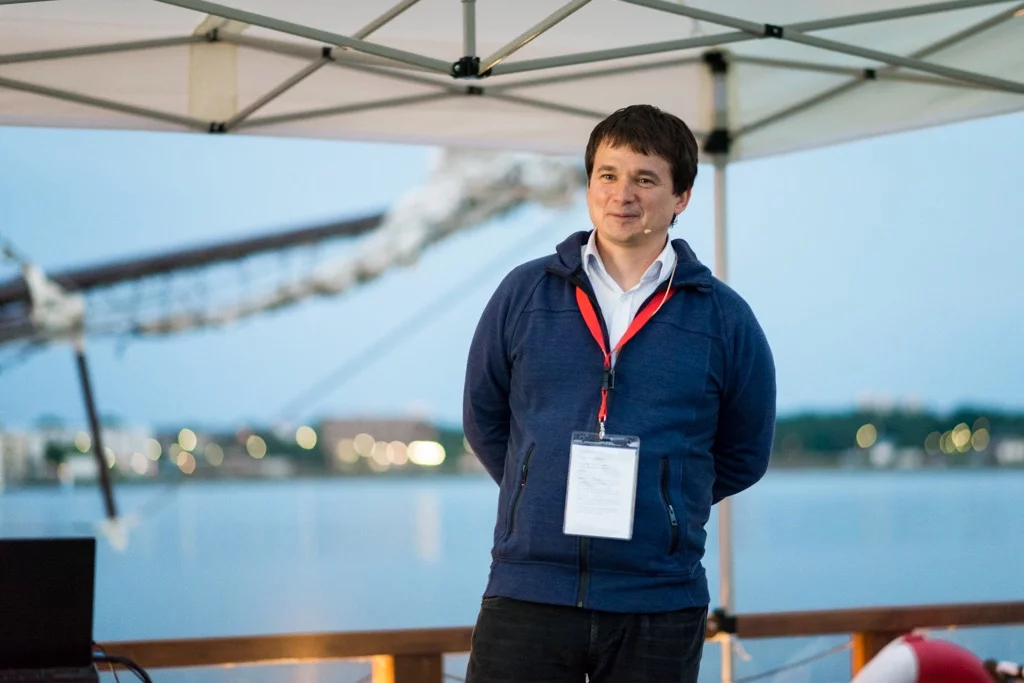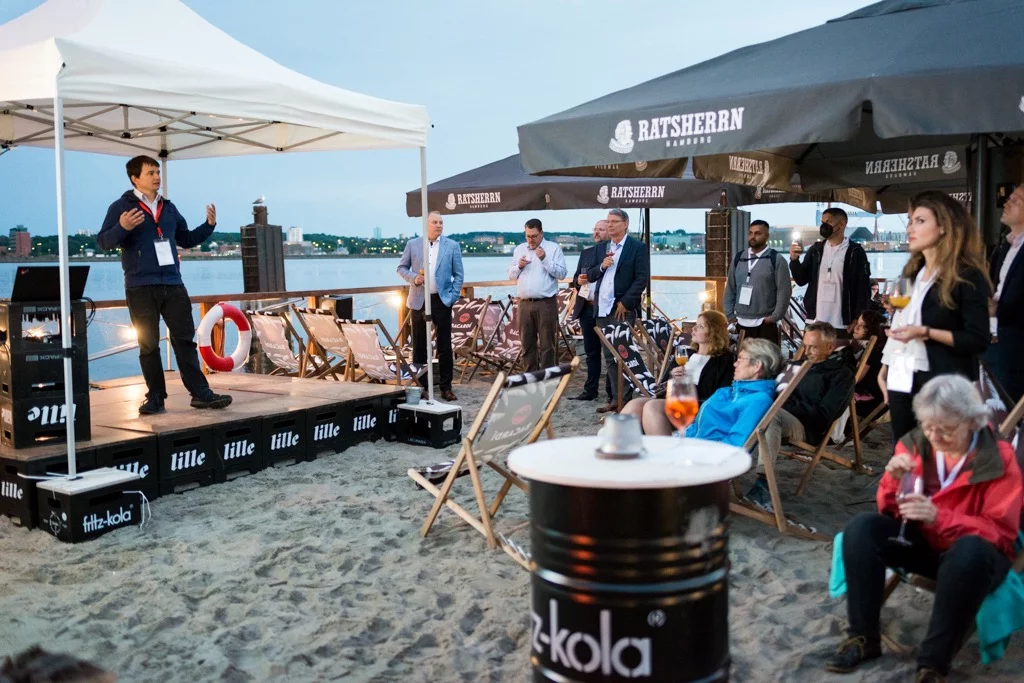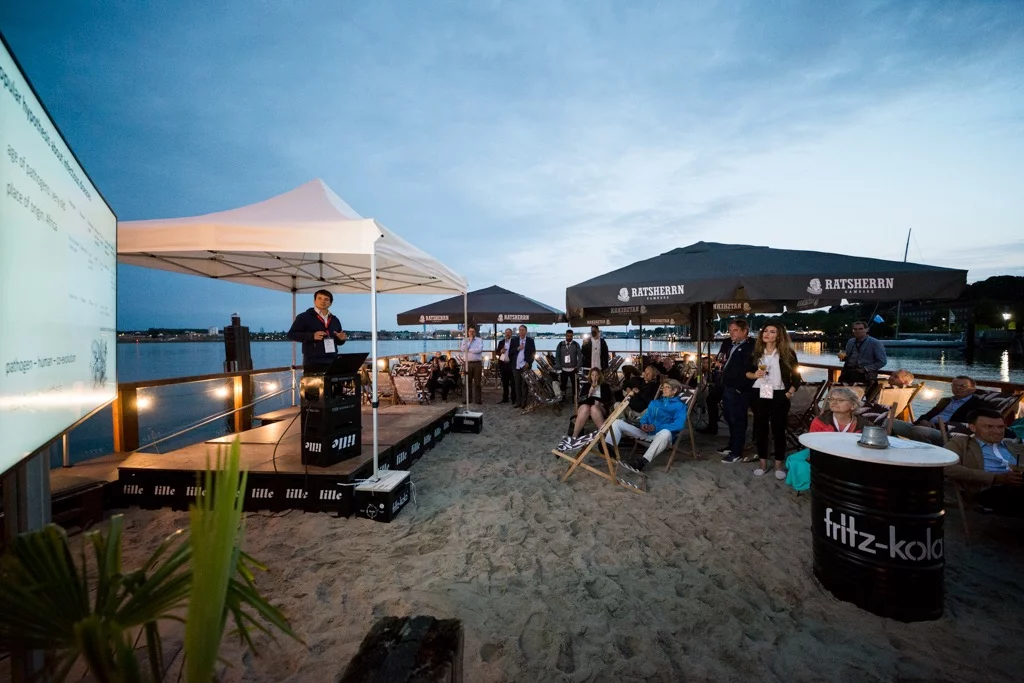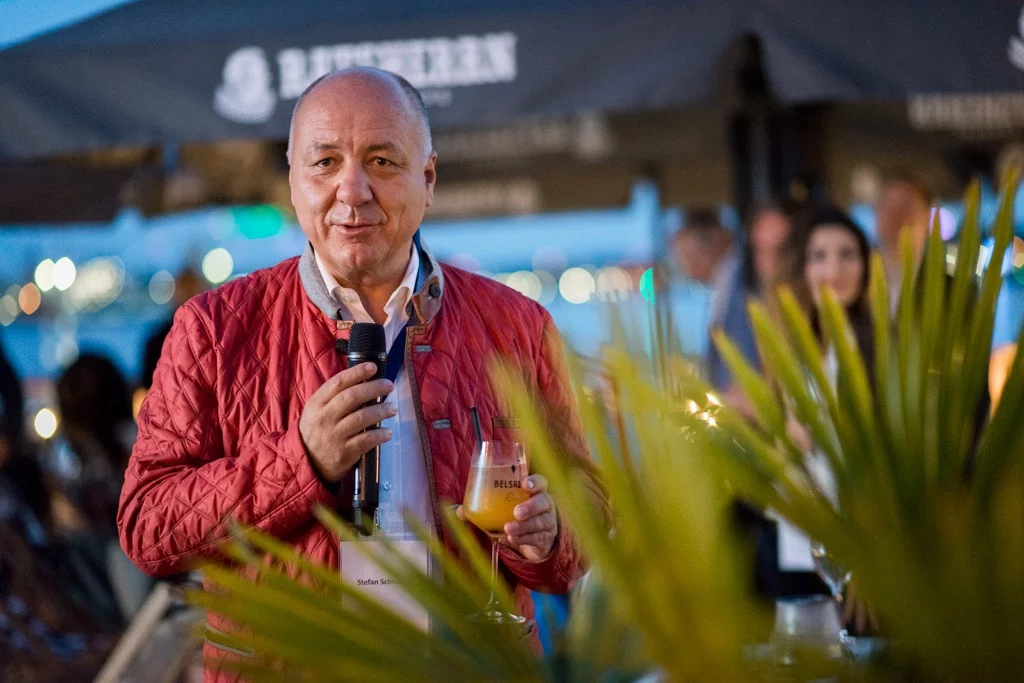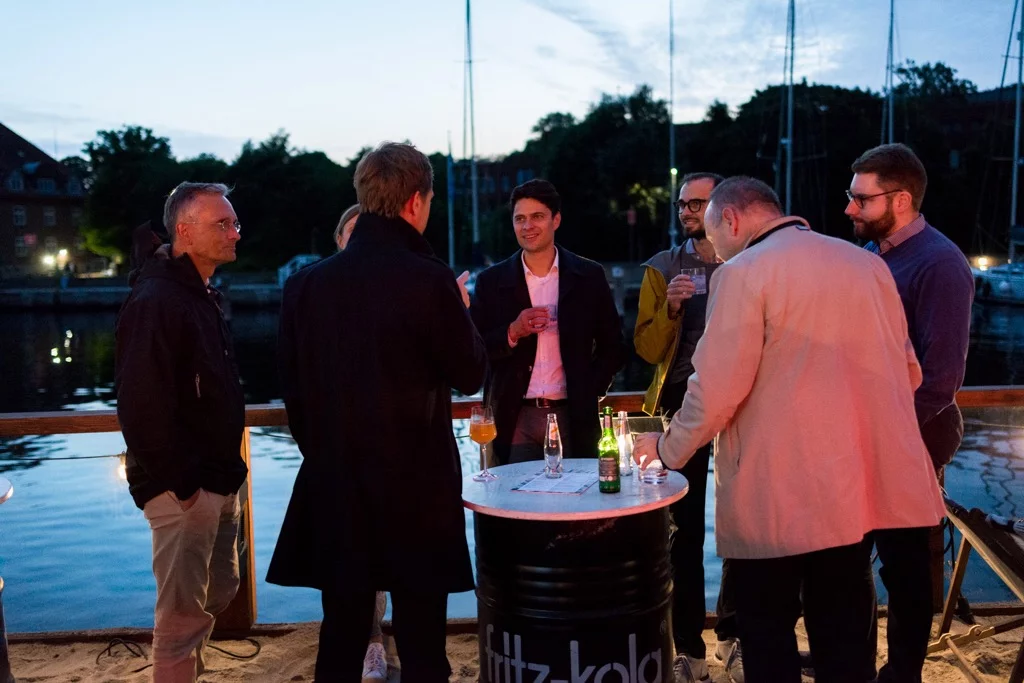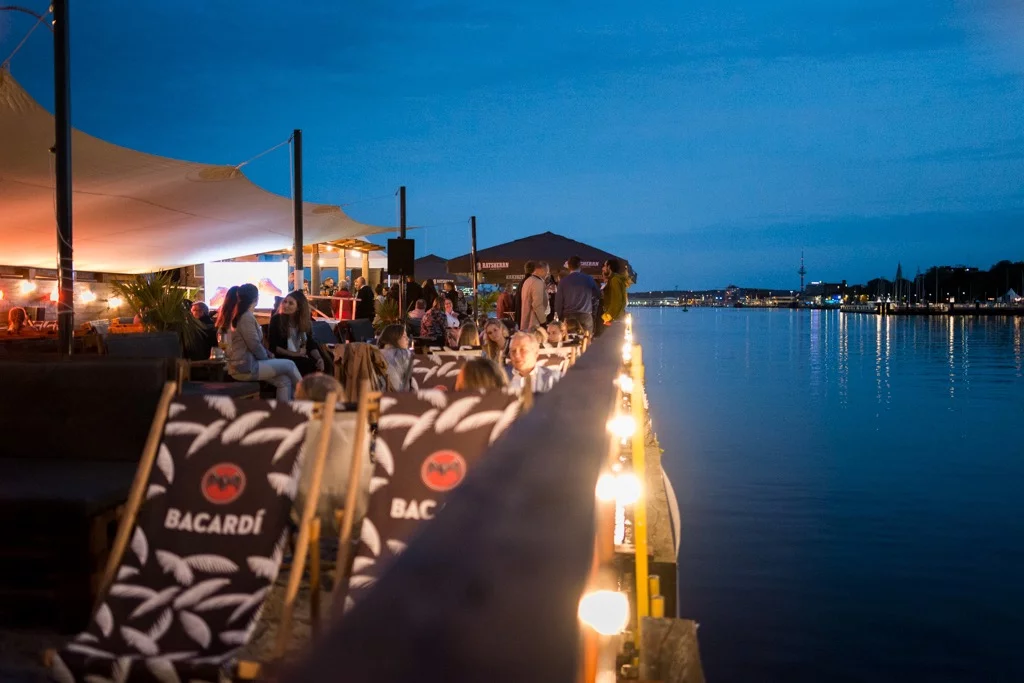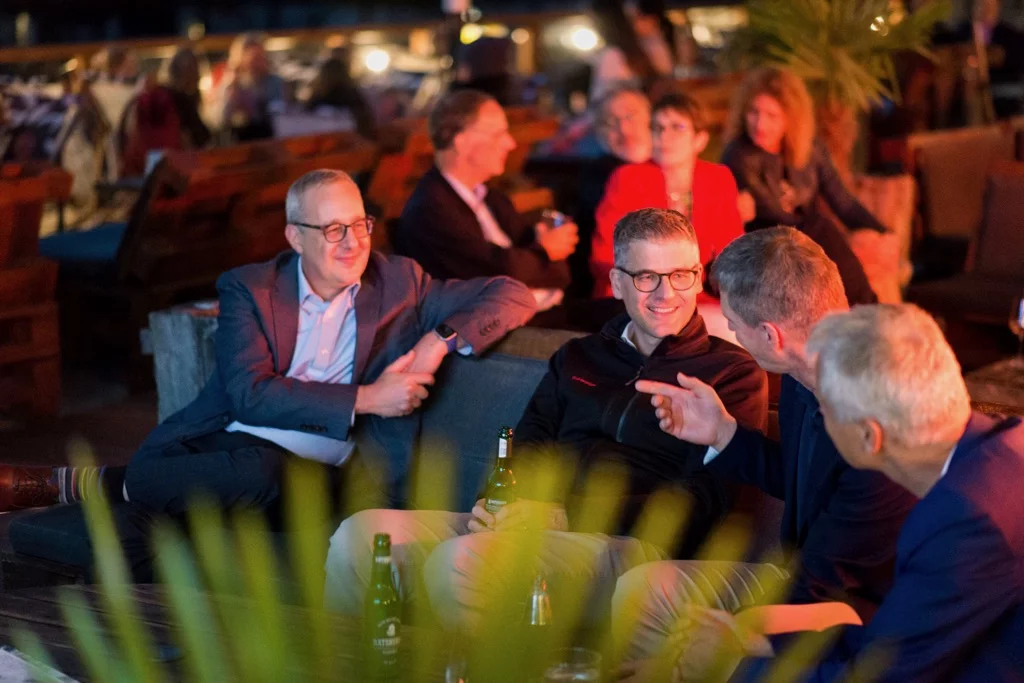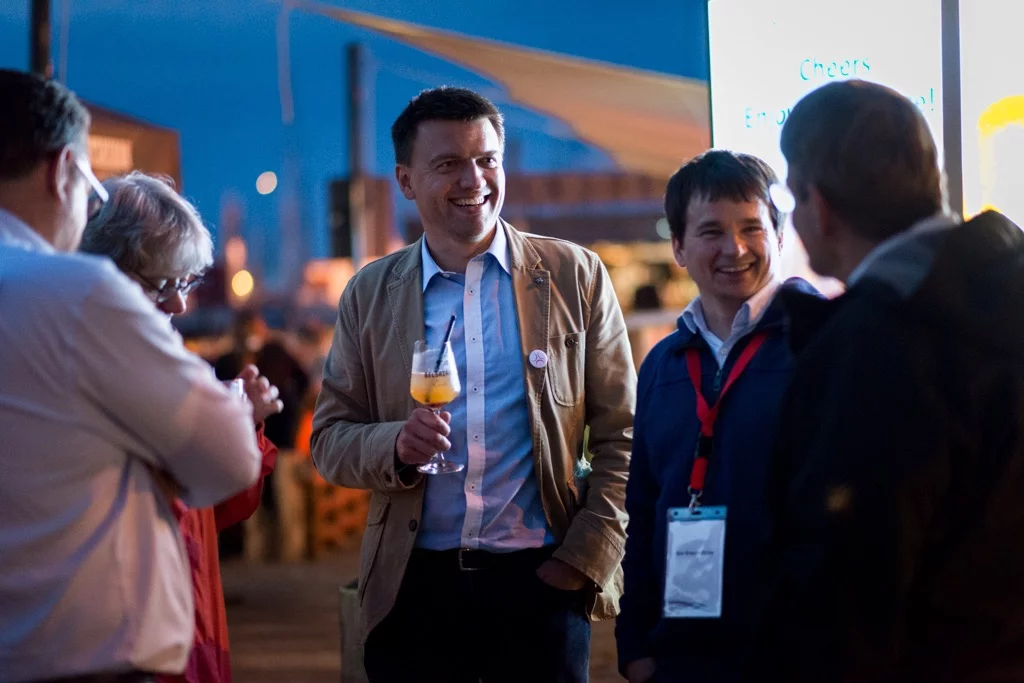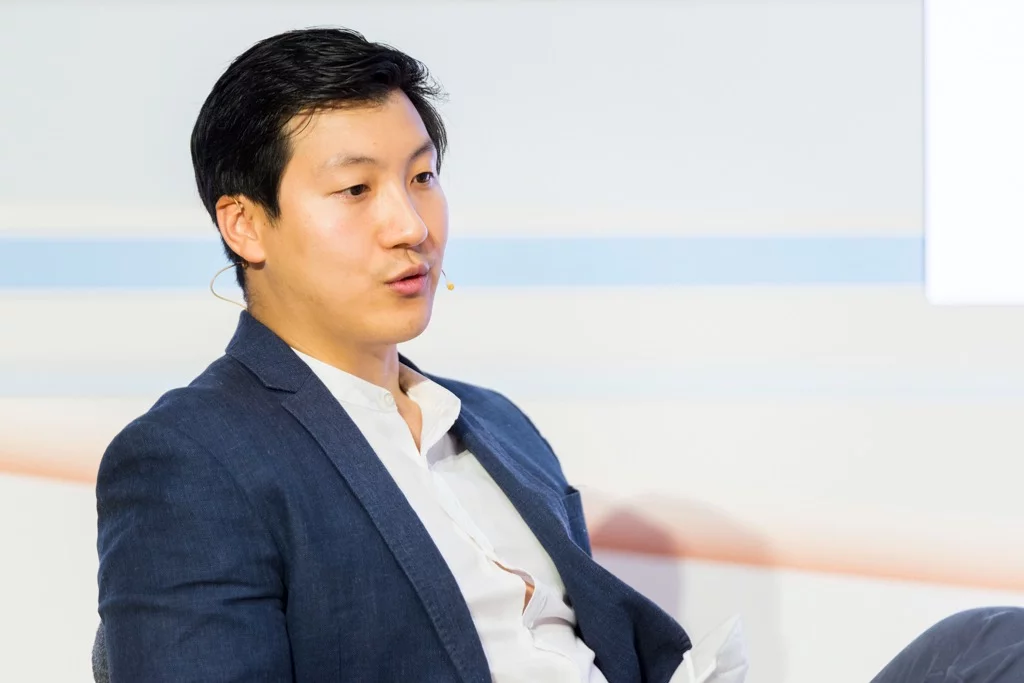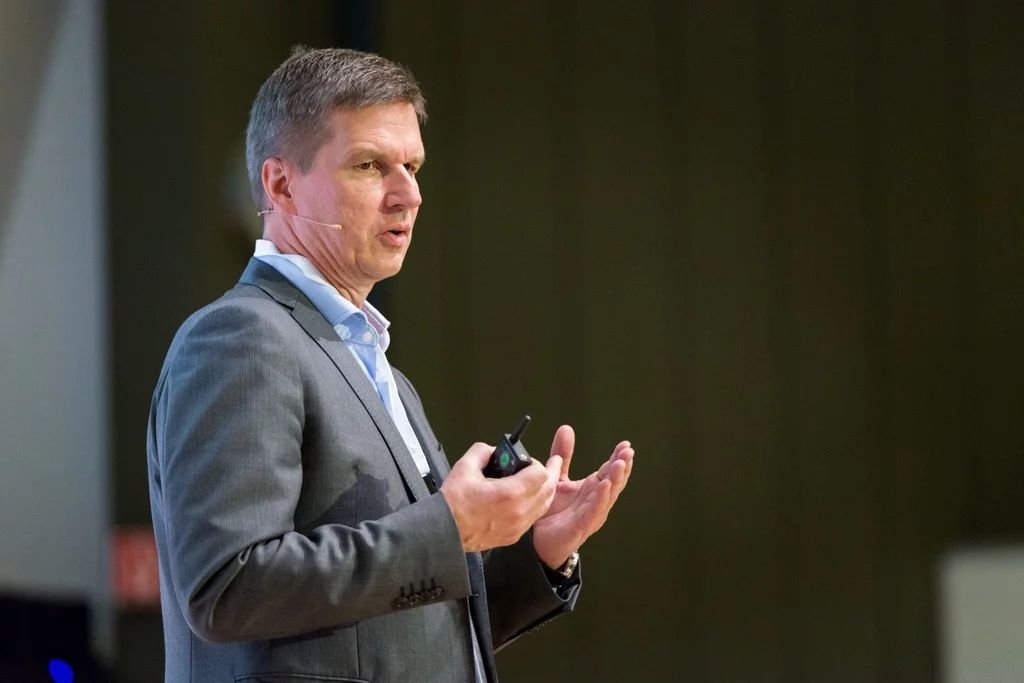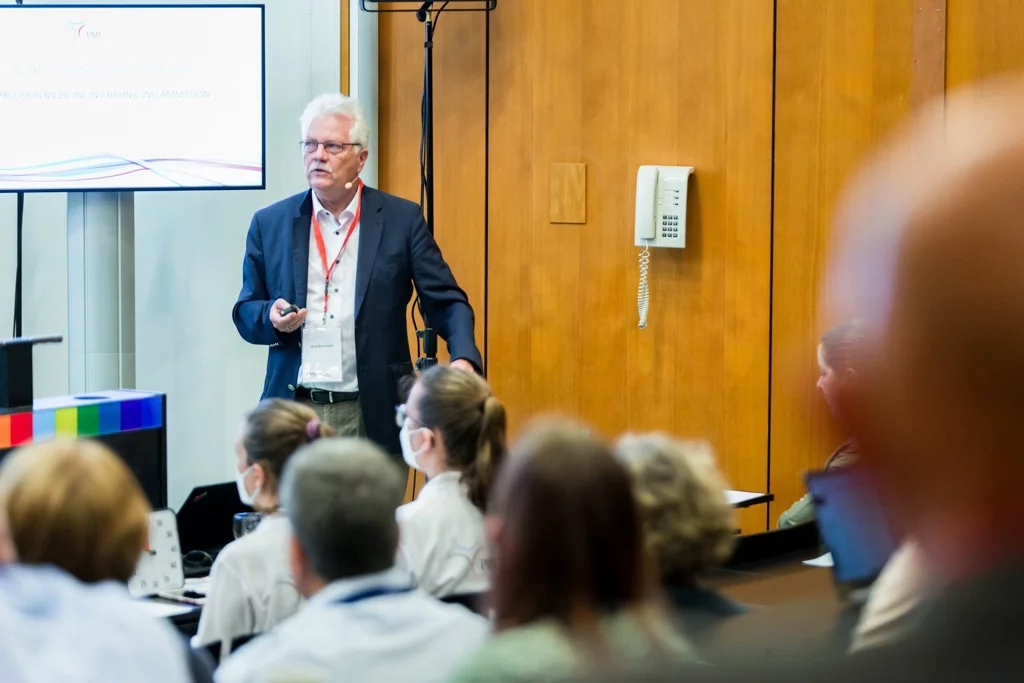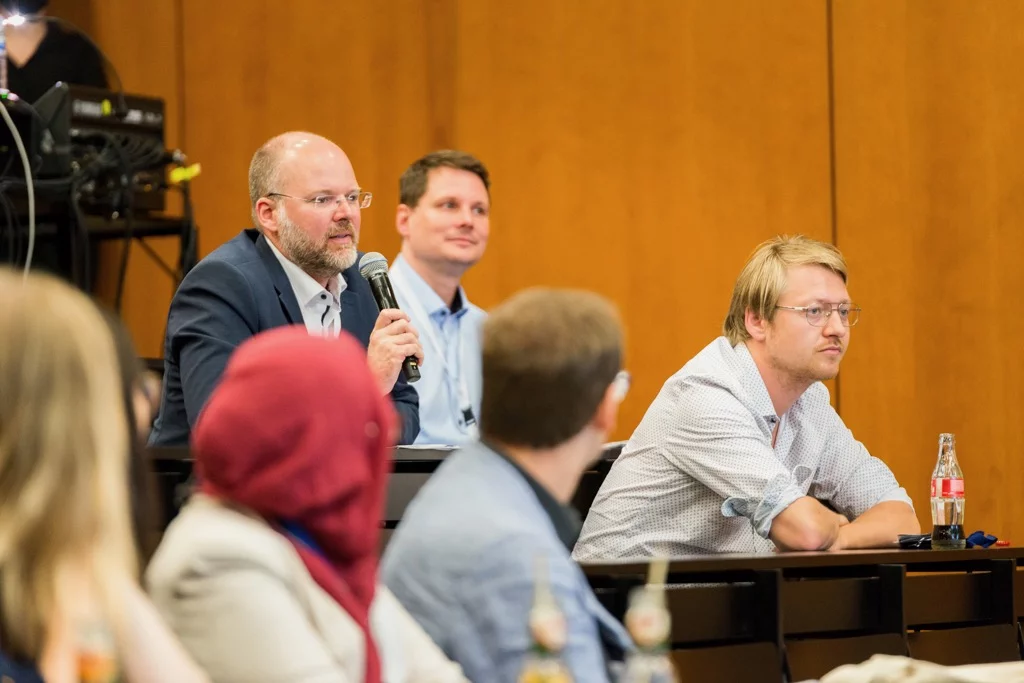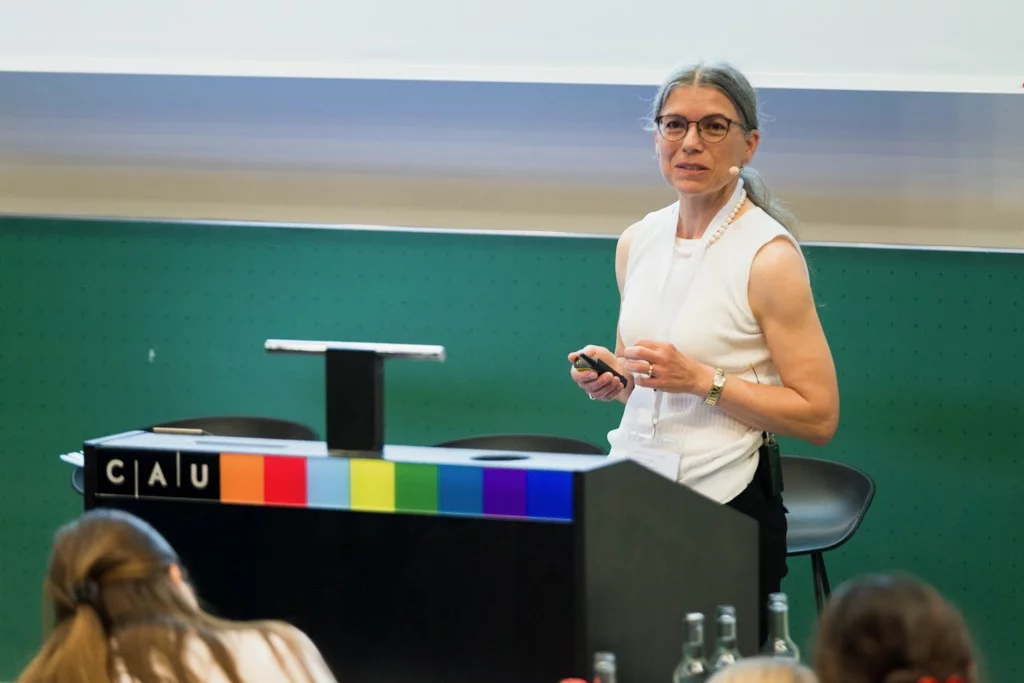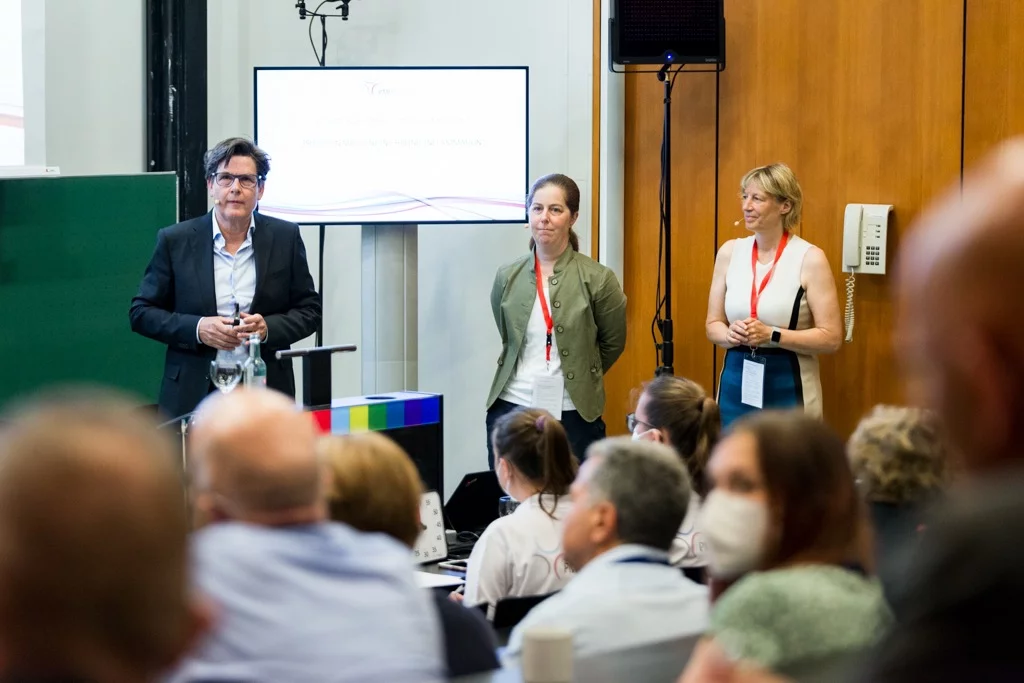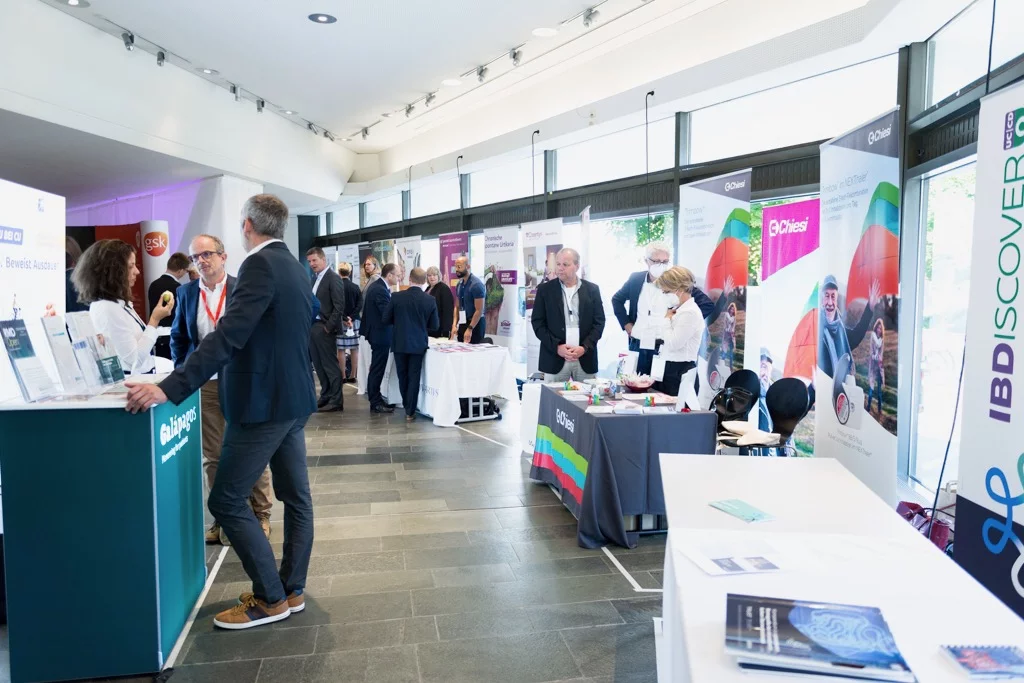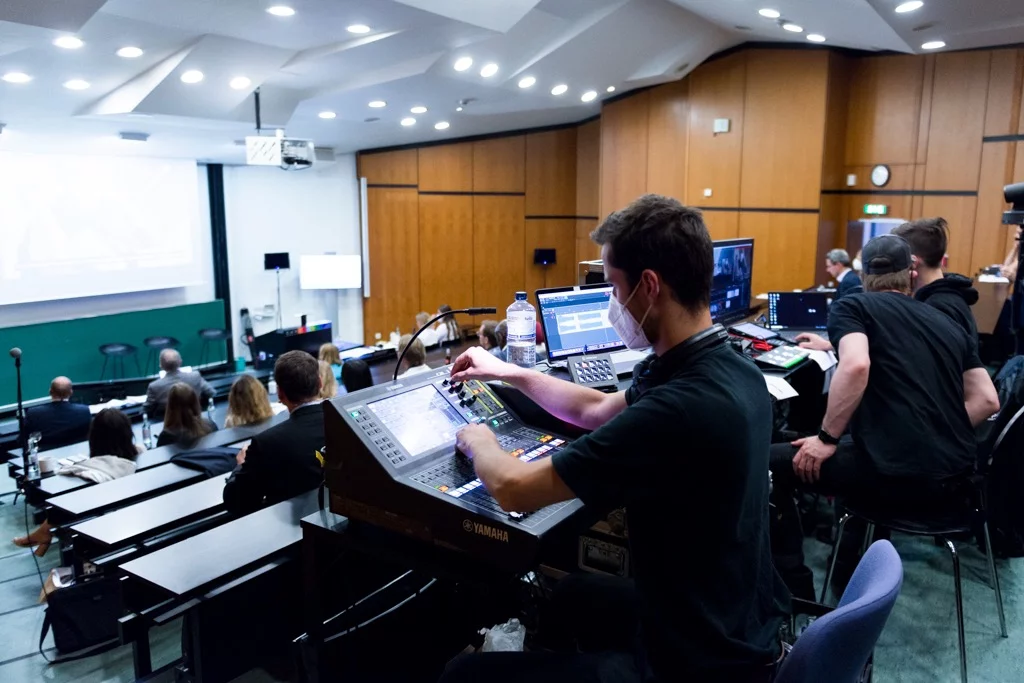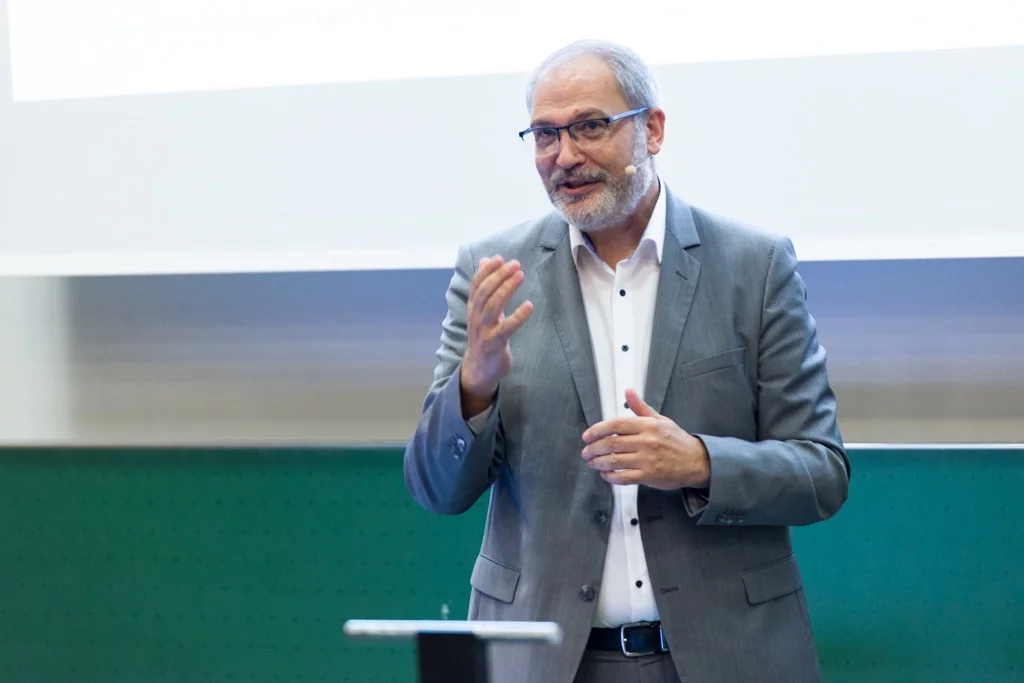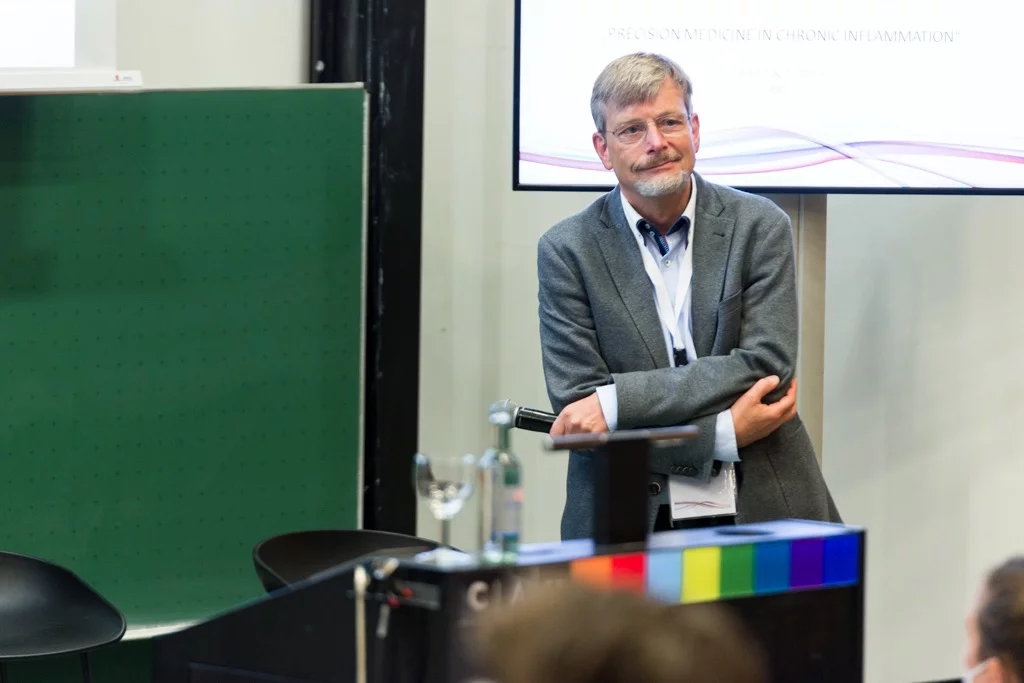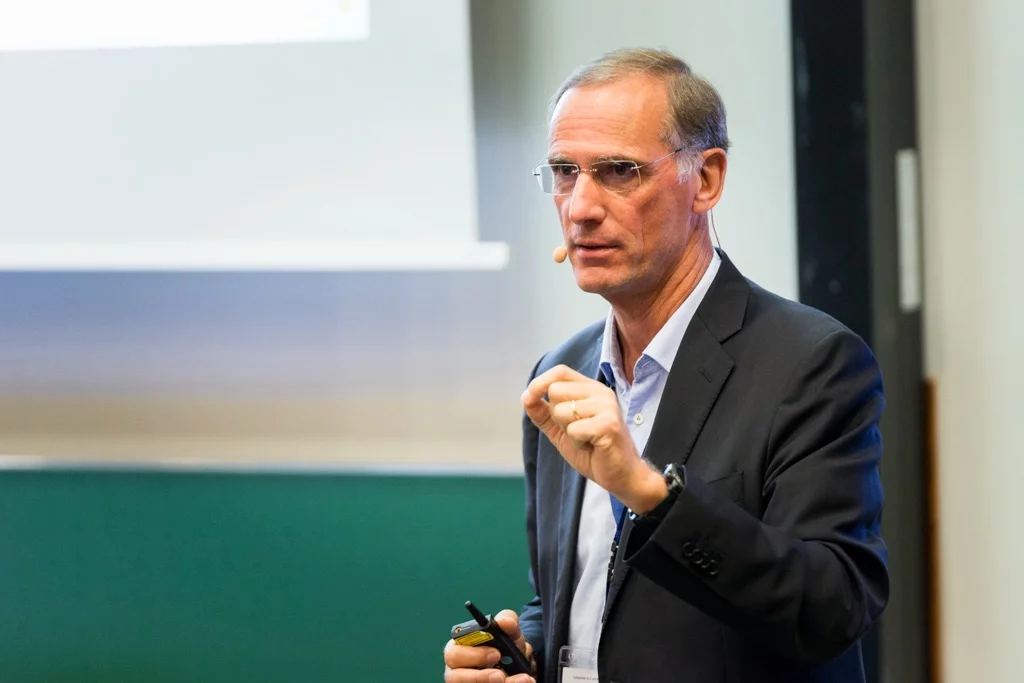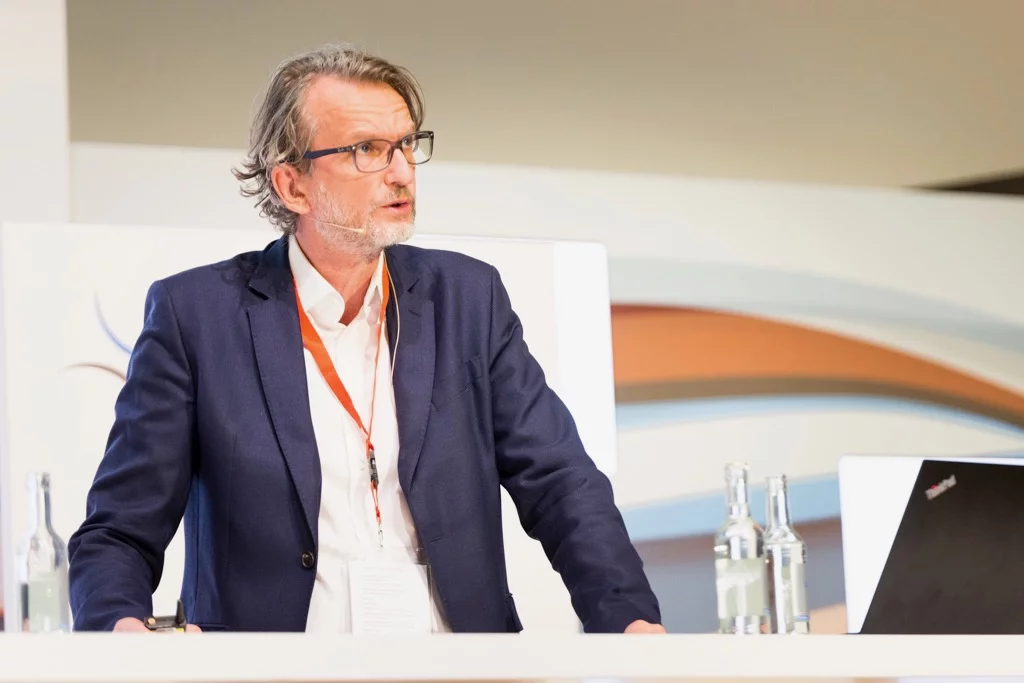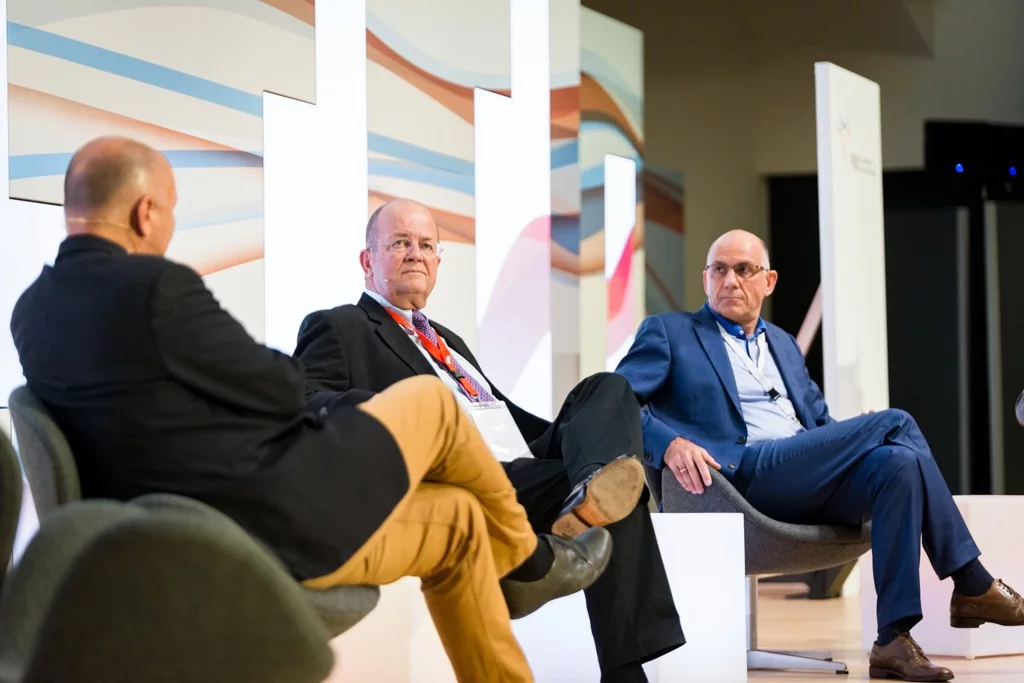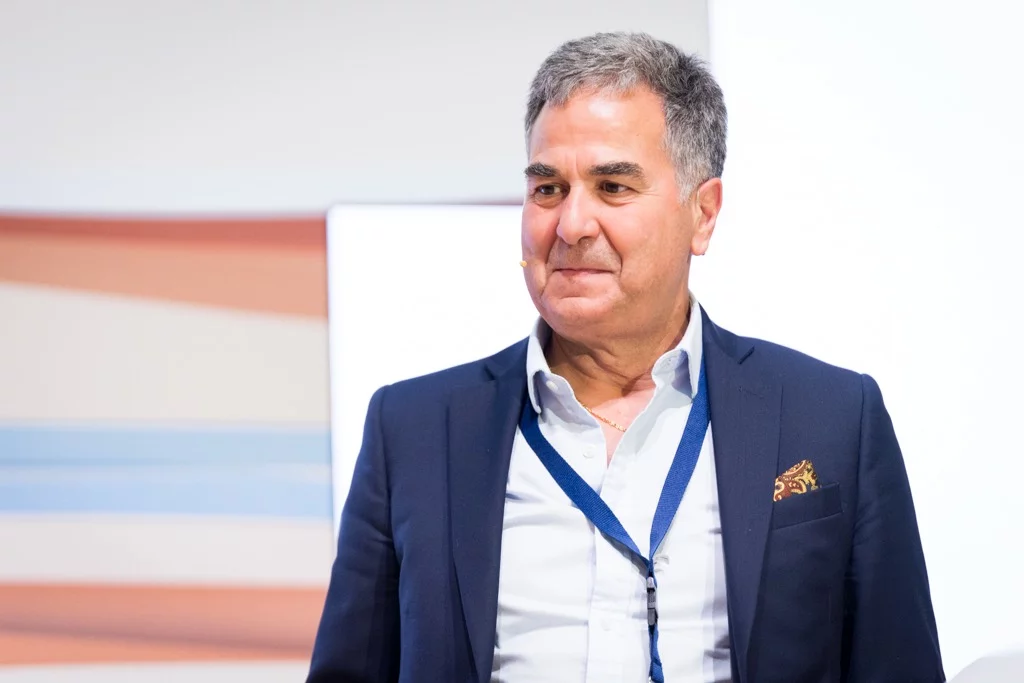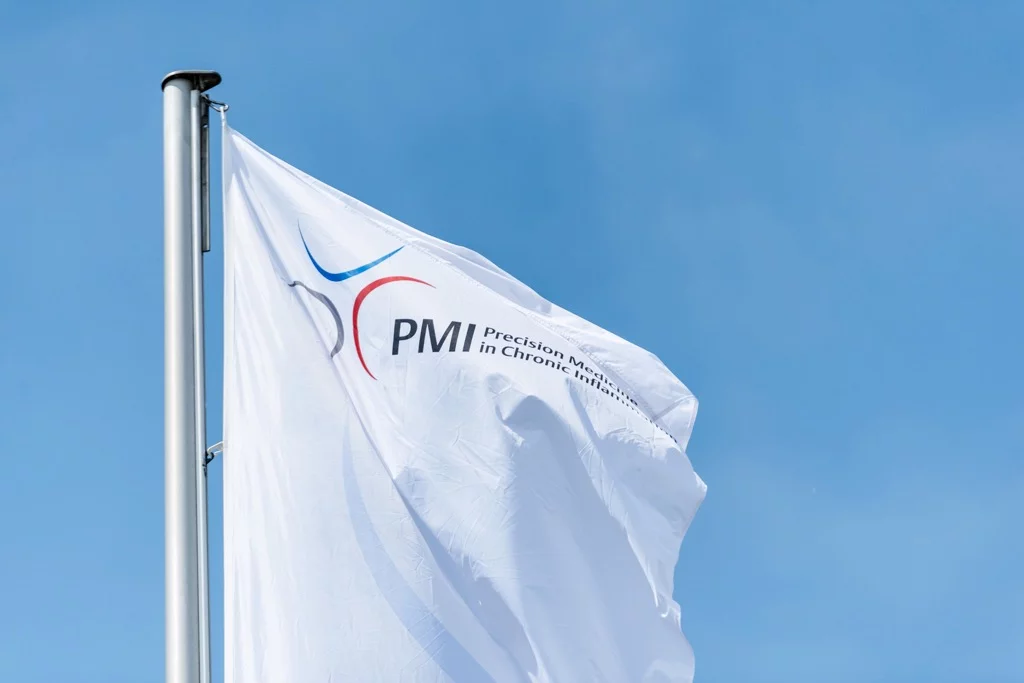Review International Clinical Symposium 2022
More than 500 participants in Kiel and online, internationally renown speakers from four medical disciplines and interdisciplinary discussions - that was the 8th international clinical cluster symposium 2022
"Phenomenal interdisciplinary conference", "excellent program and very professional online platform" - these Twitter posts confirm the good impression also expressed by on-site participants. The international clinical symposium "Precision Medicine in Chronic Inflammation" on July 1 and 2, 2022 was a great success. 46 speakers from Germany and the world discussed the current state of research and clinical practice. More than 500 academic participants came to the Audimax of Kiel University or attended the two-day conference live on the internet. They experienced an inspiring dialogue between four medical disciplines (dermatology, gastroenterology, pneumology and rheumatology) on the advances and challenges in inflammation medicine.
A novel feature was the interactive concept that led to a dissolution of the boundaries between the disciplines in the discussion. In joint lectures, sometimes across all four core disciplines of inflammation medicine (dermatology (skin), gastroenterology (gastrointestinal), rheumatology and pneumology (lung)), problems were addressed for which there were sometimes different but often common approaches. In overarching joint lectures on the first day and discussions focused on specific therapy and diagnostics on the following day, new approaches to solutions for better and long-term disease control were identified. In addition to the main program, industrial partners provided information on new and in-pipeline therapies and their application in ten satellite symposia.
The very good atmosphere and the intensive clinical-scientific exchange continued at the "Sundowner" in the beach bar Sandhafen facing the Kiel Fjord. During his lecture on "bugs, booze and big effects", Cluster member Professor Ben Krause-Kyora gave a brief insight into his research at the intersection of archaeology and medicine, and he explained how the selection of "disease genetics" evolved in prehistoric Europe.


